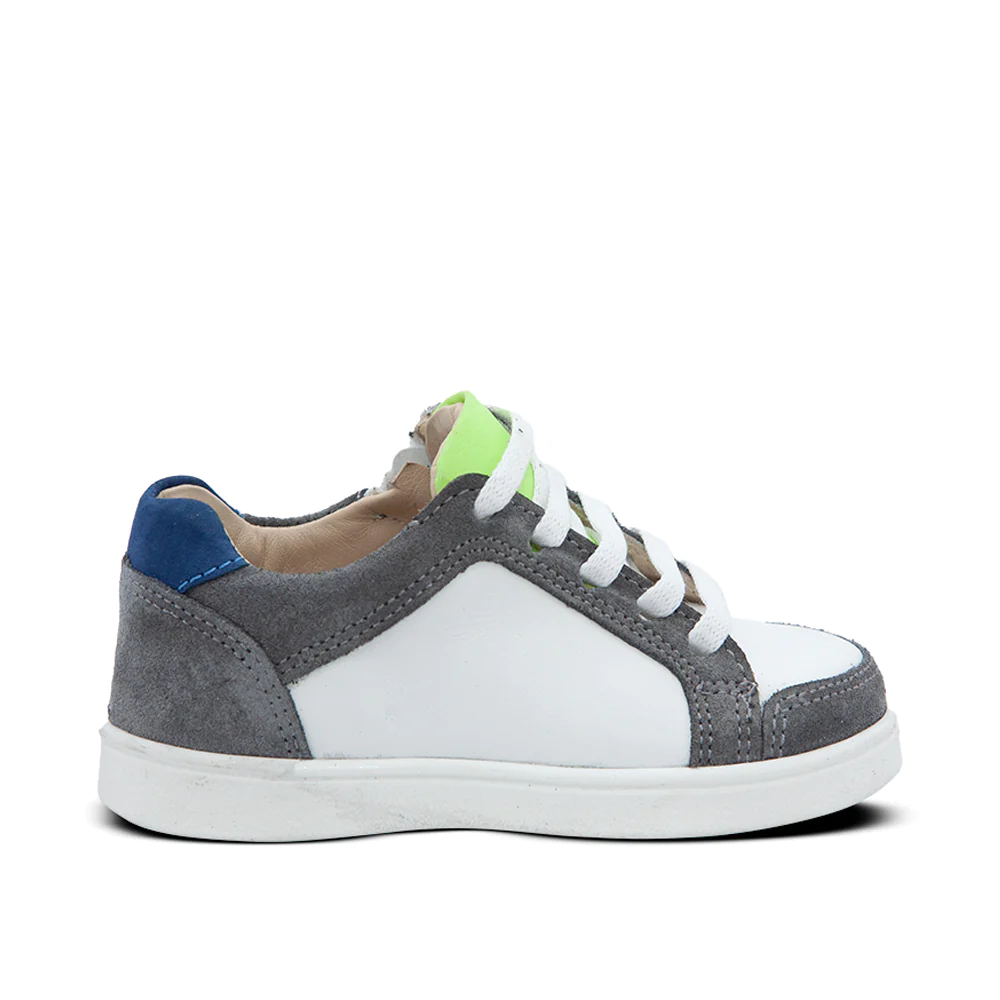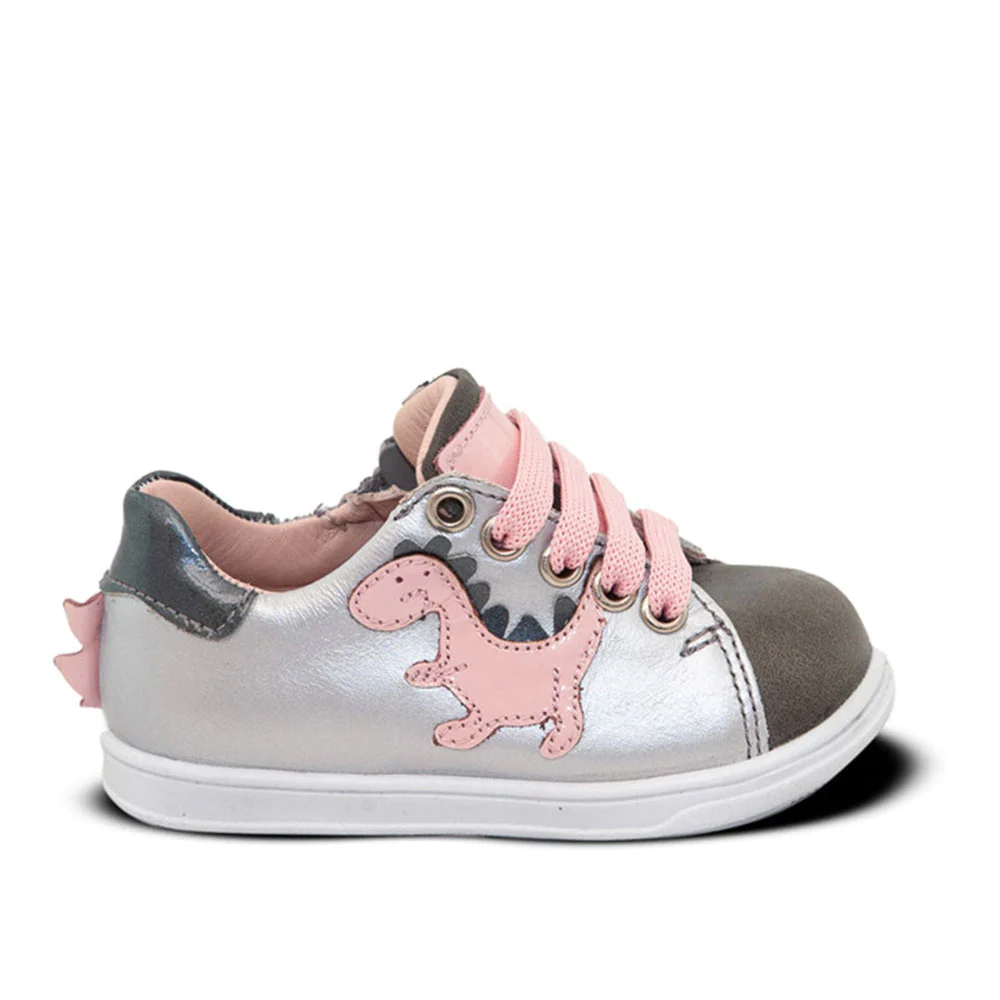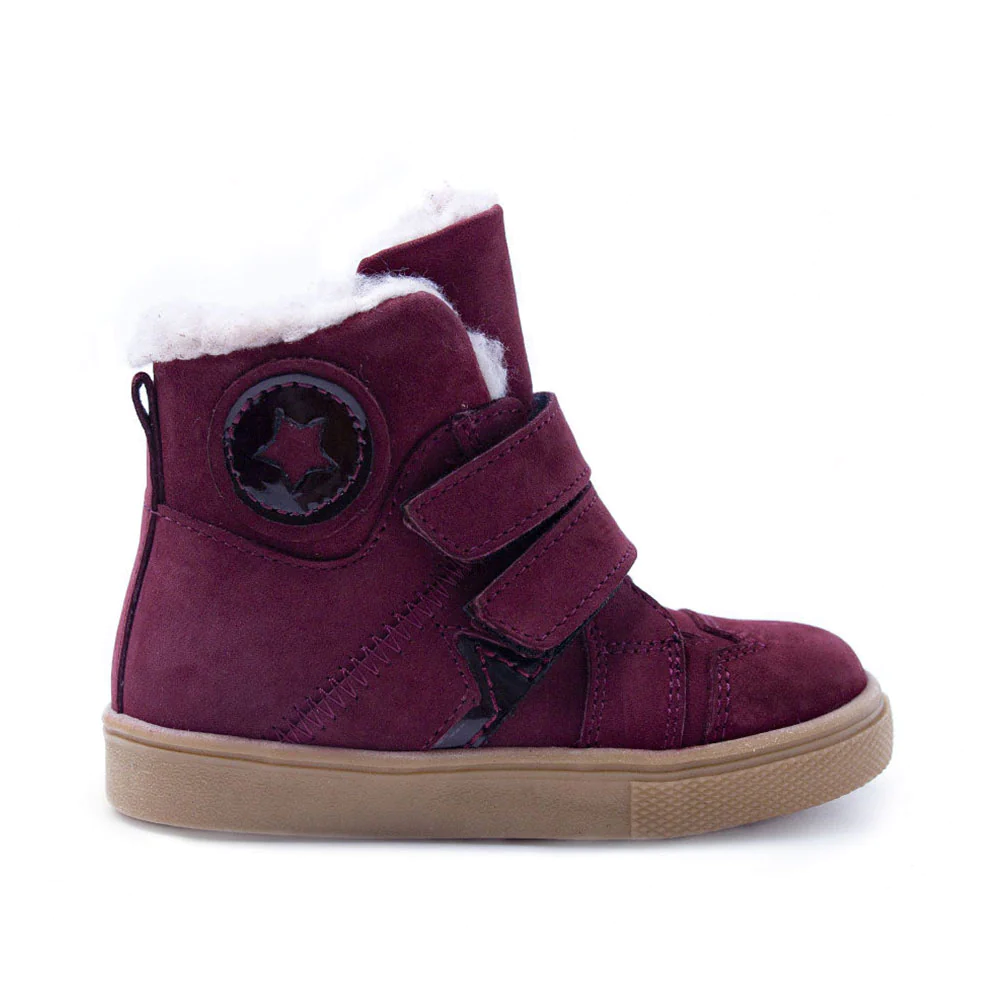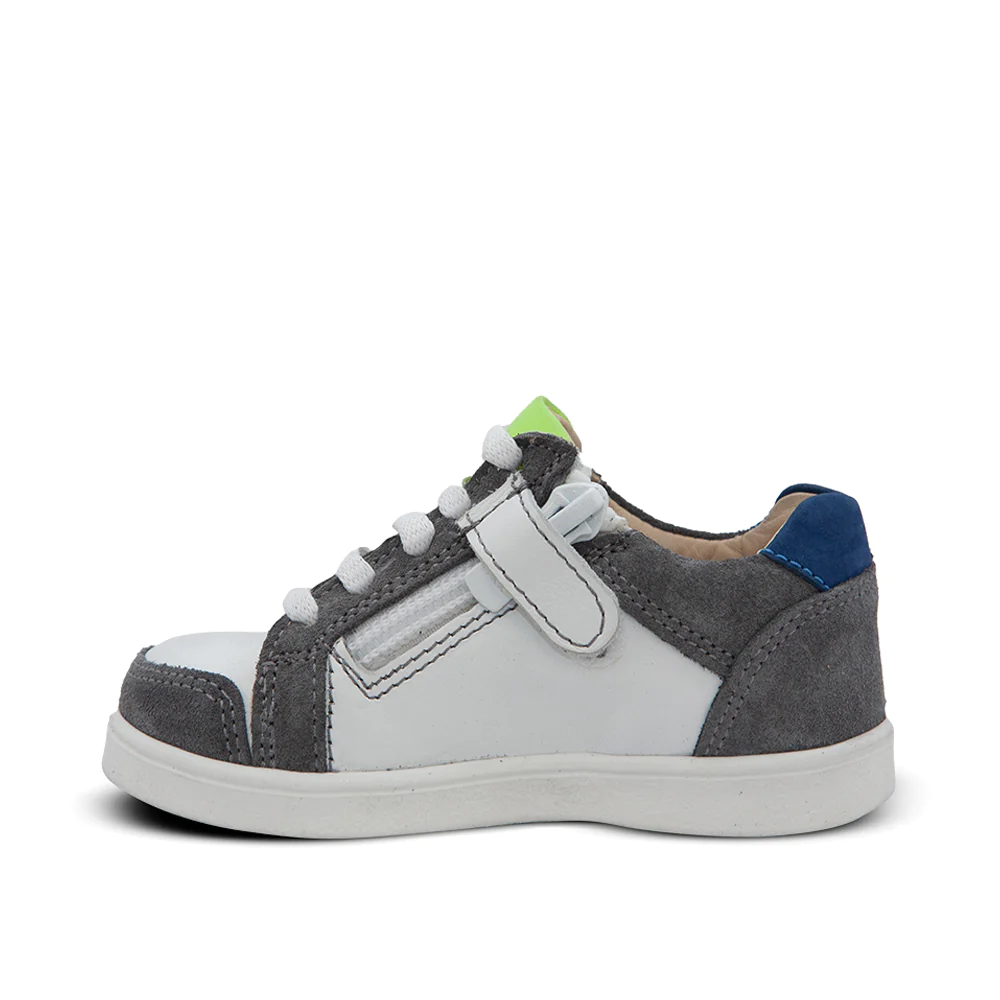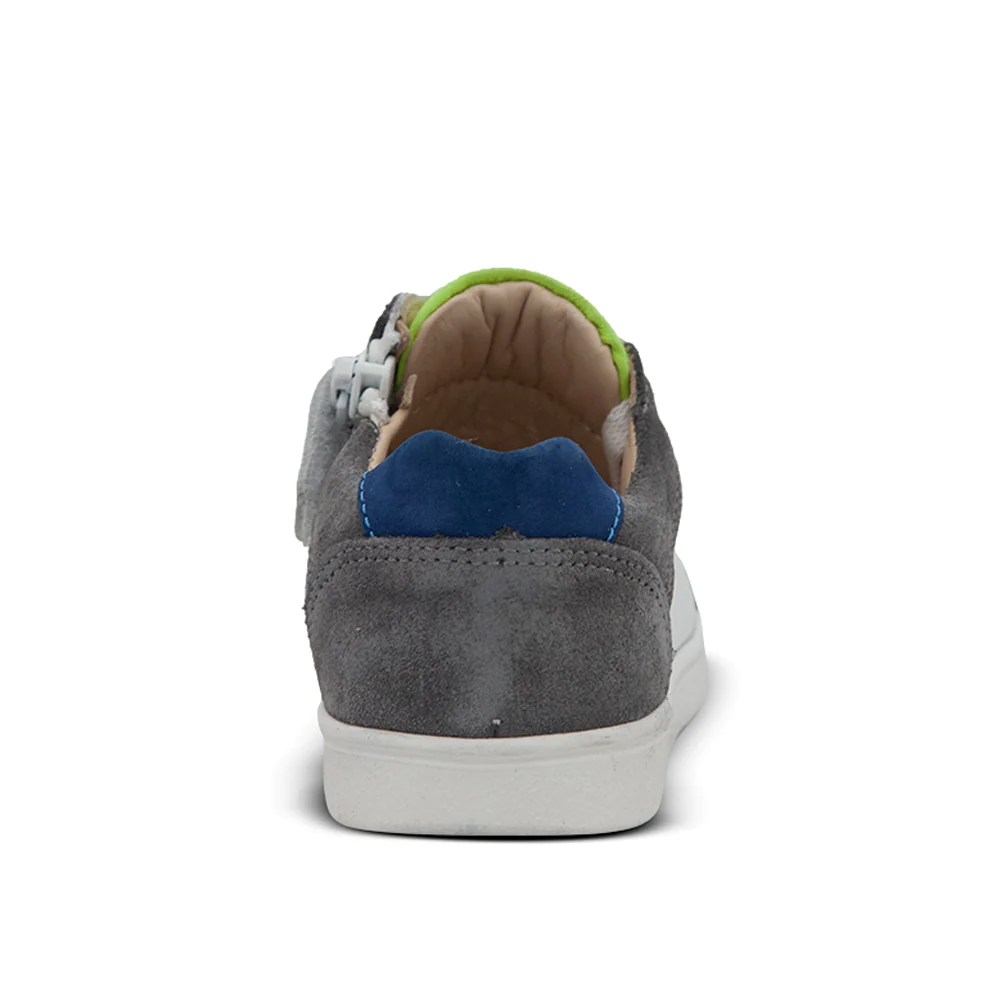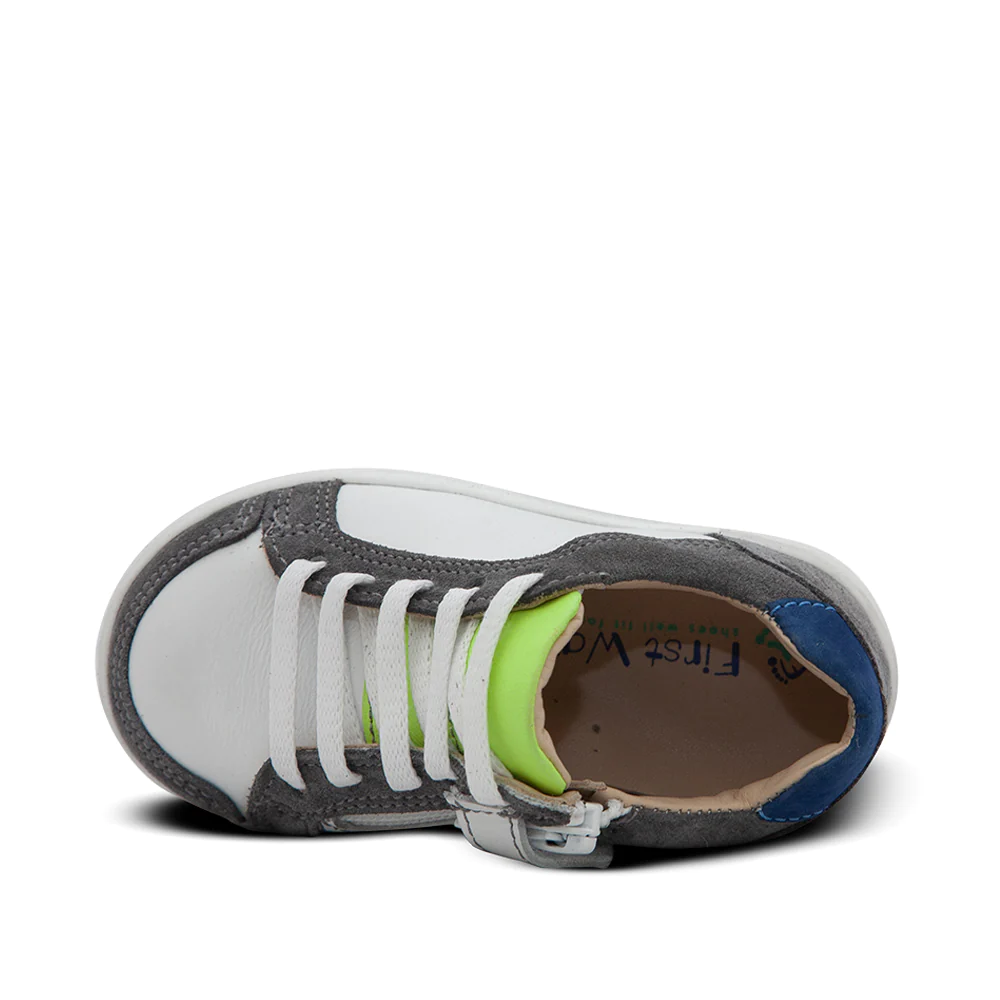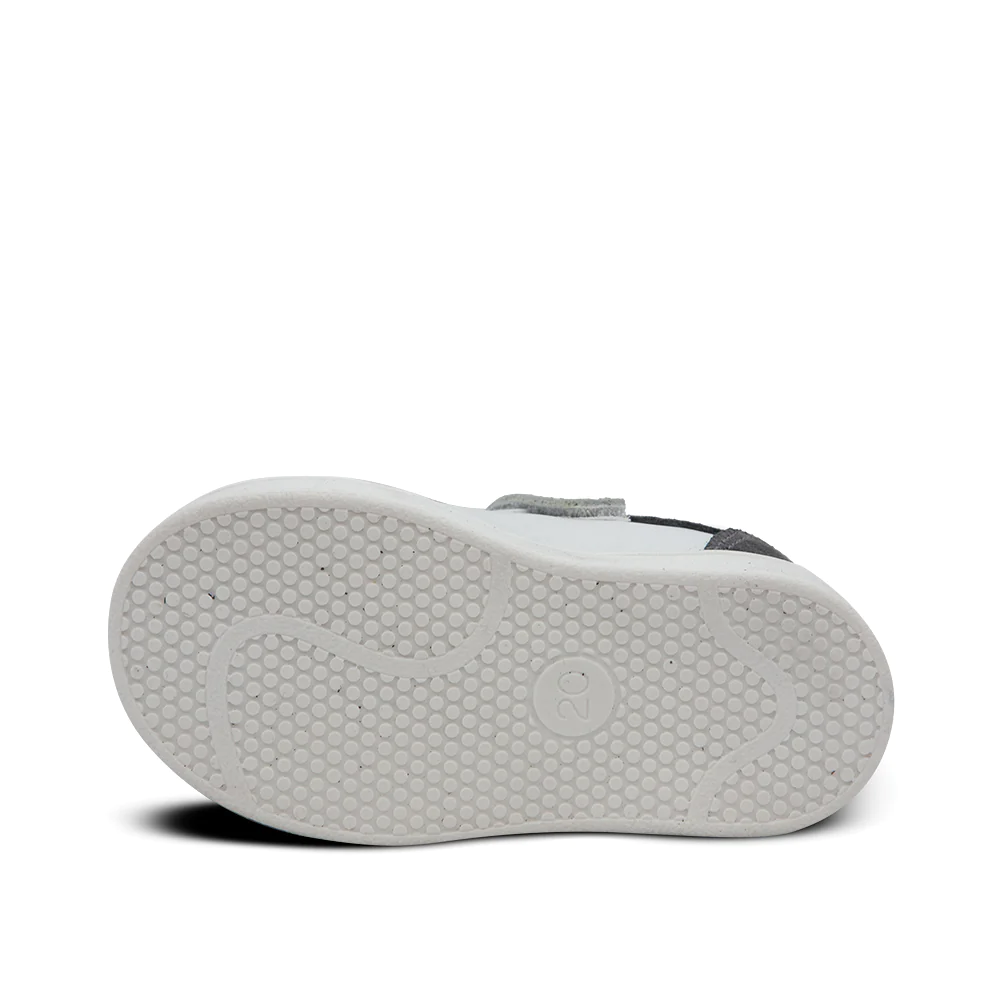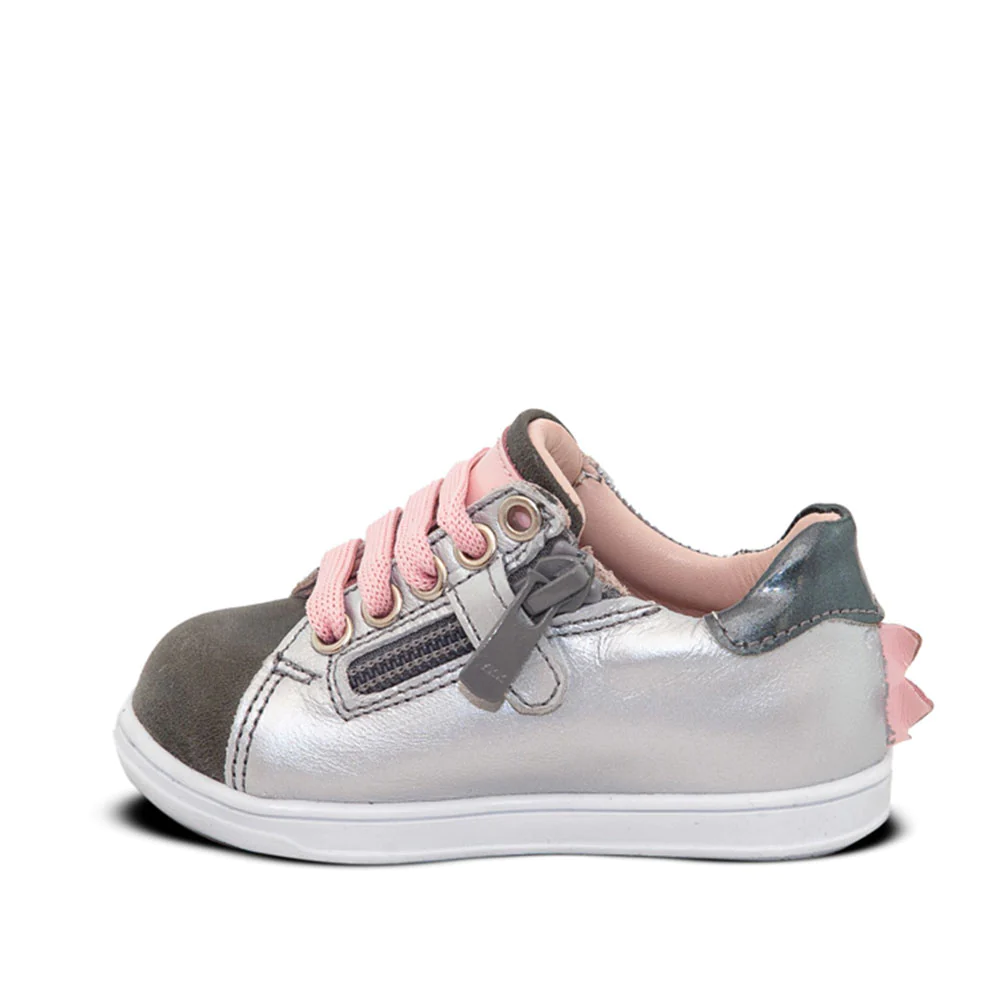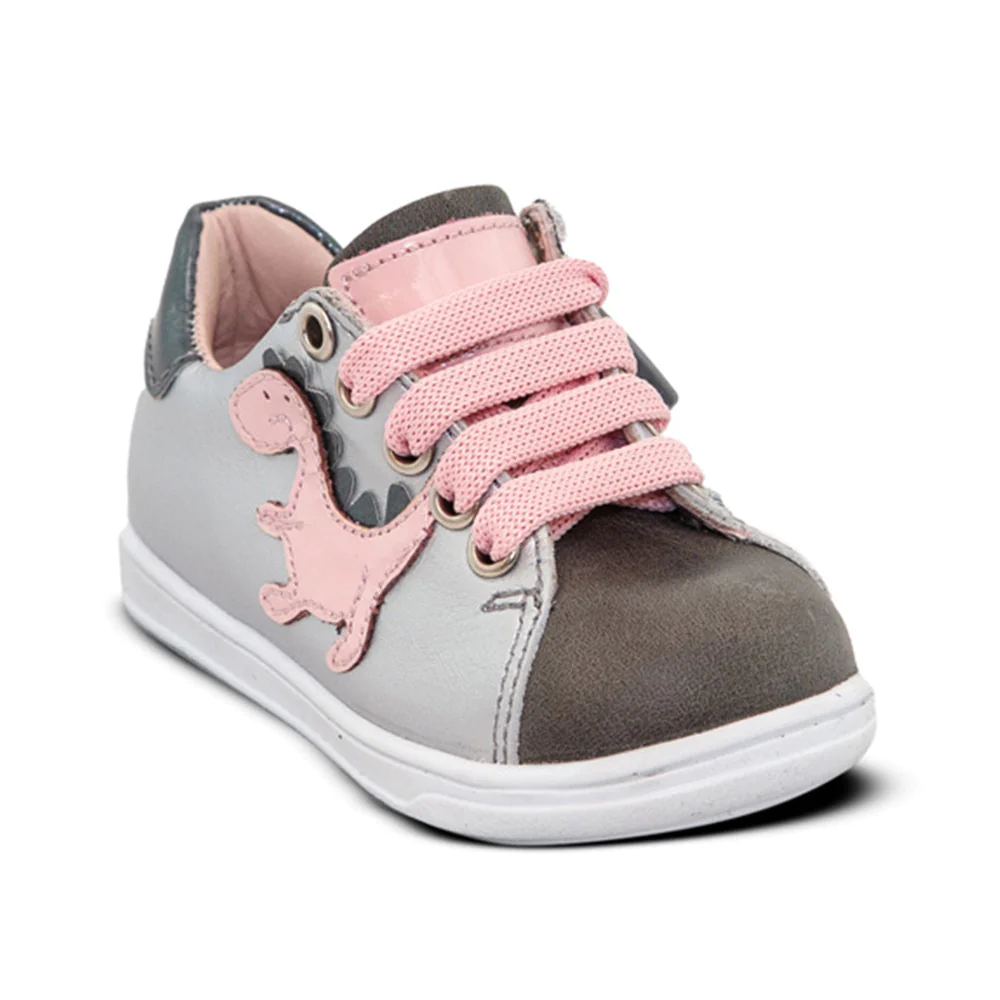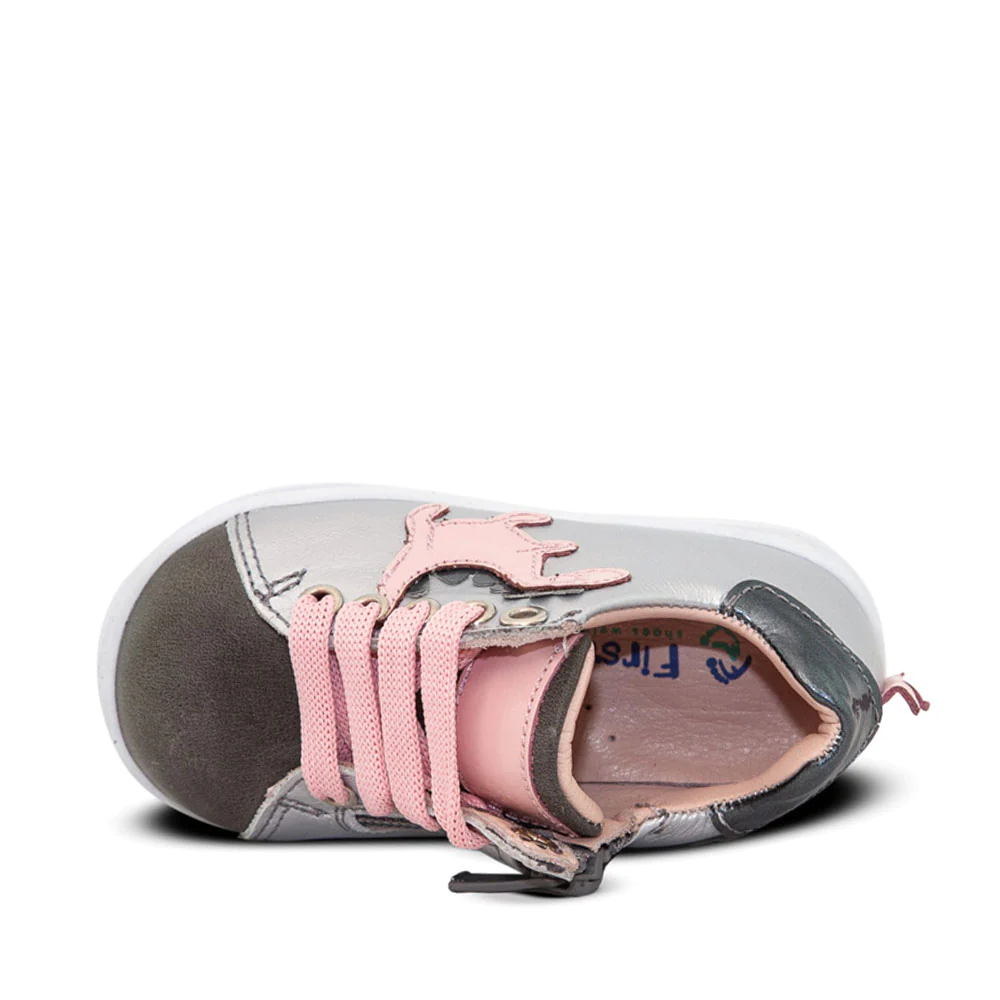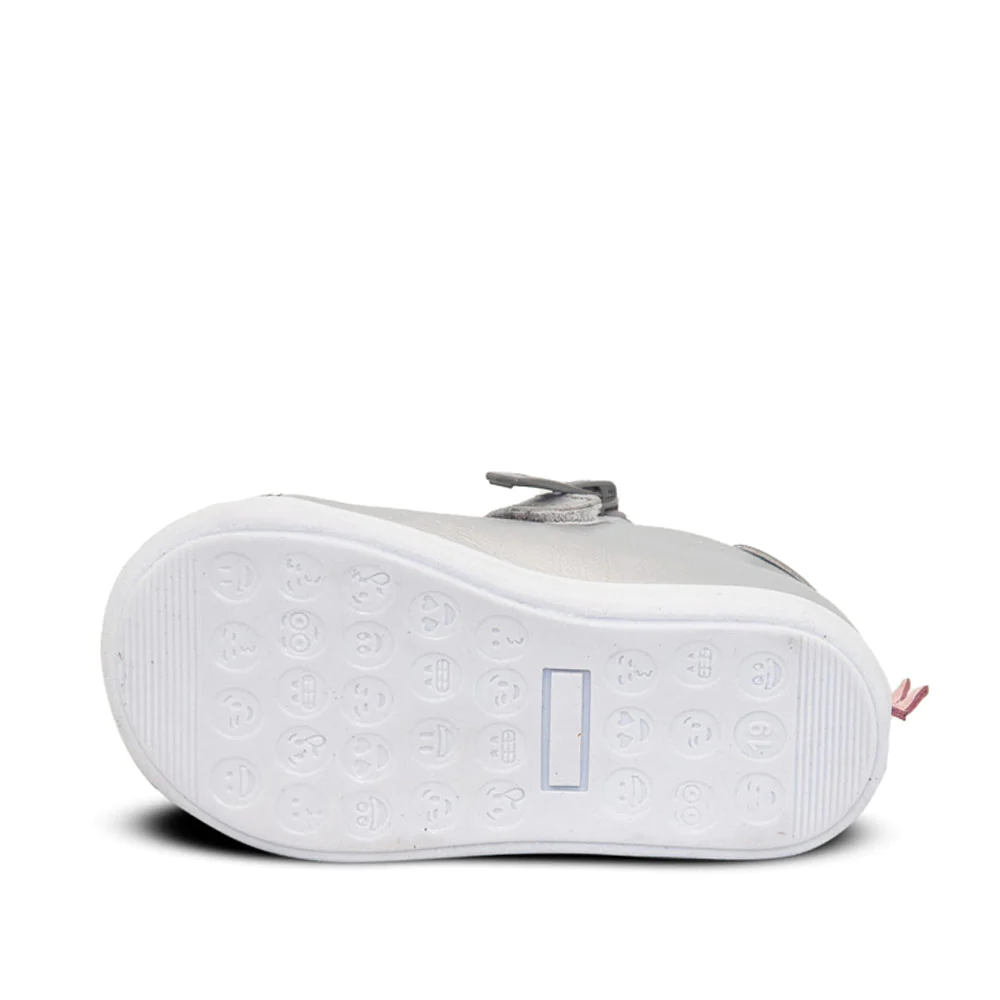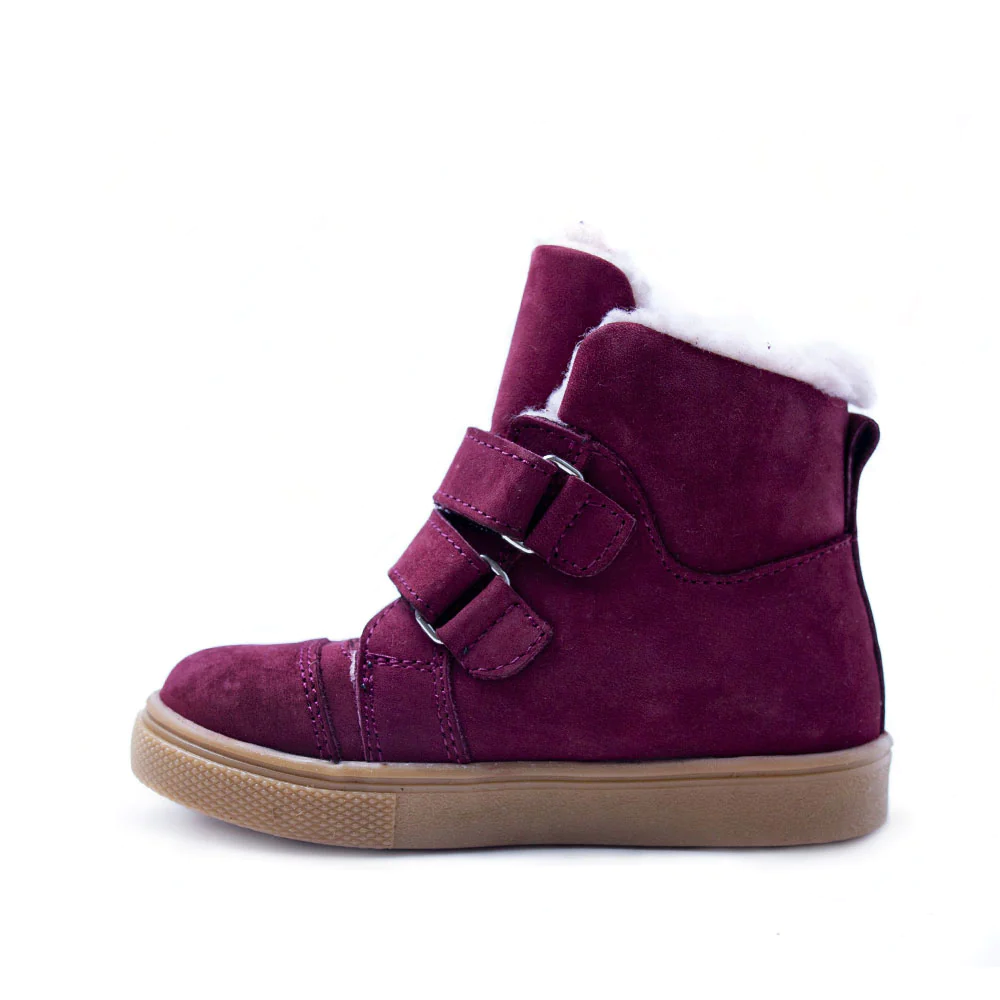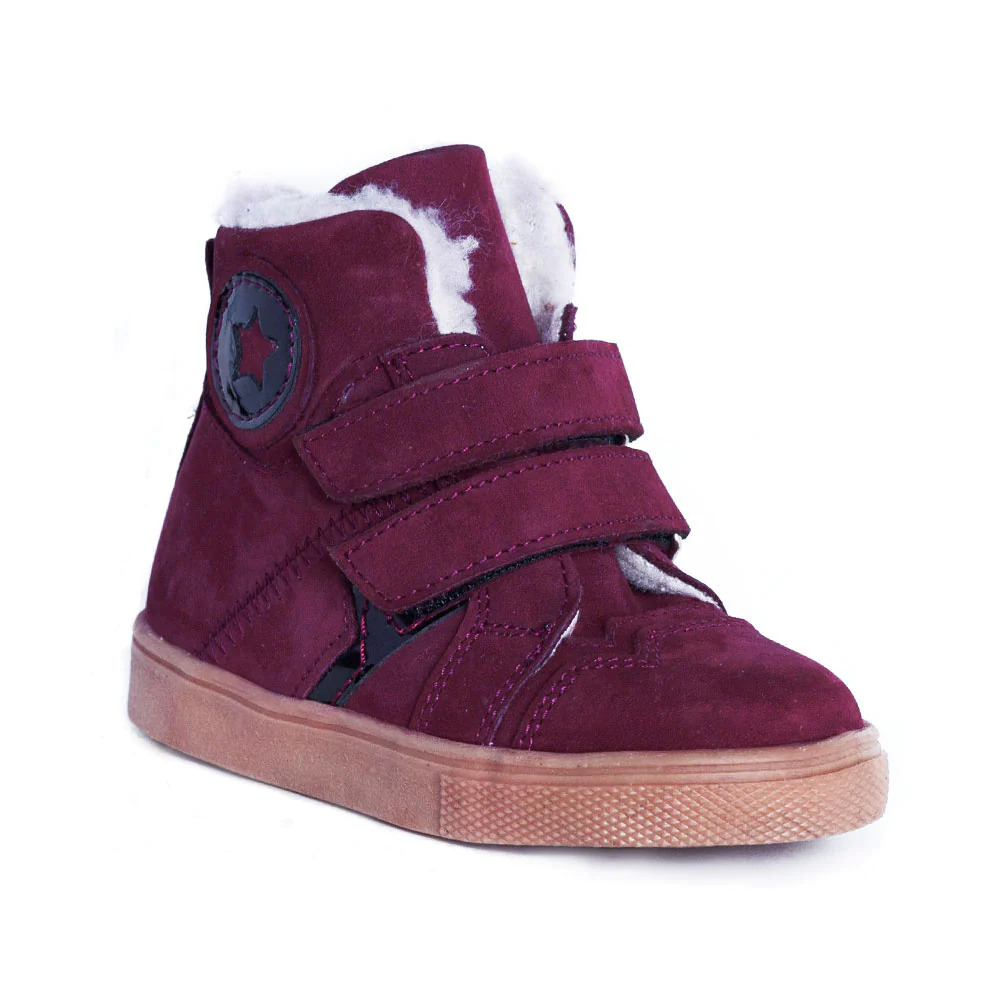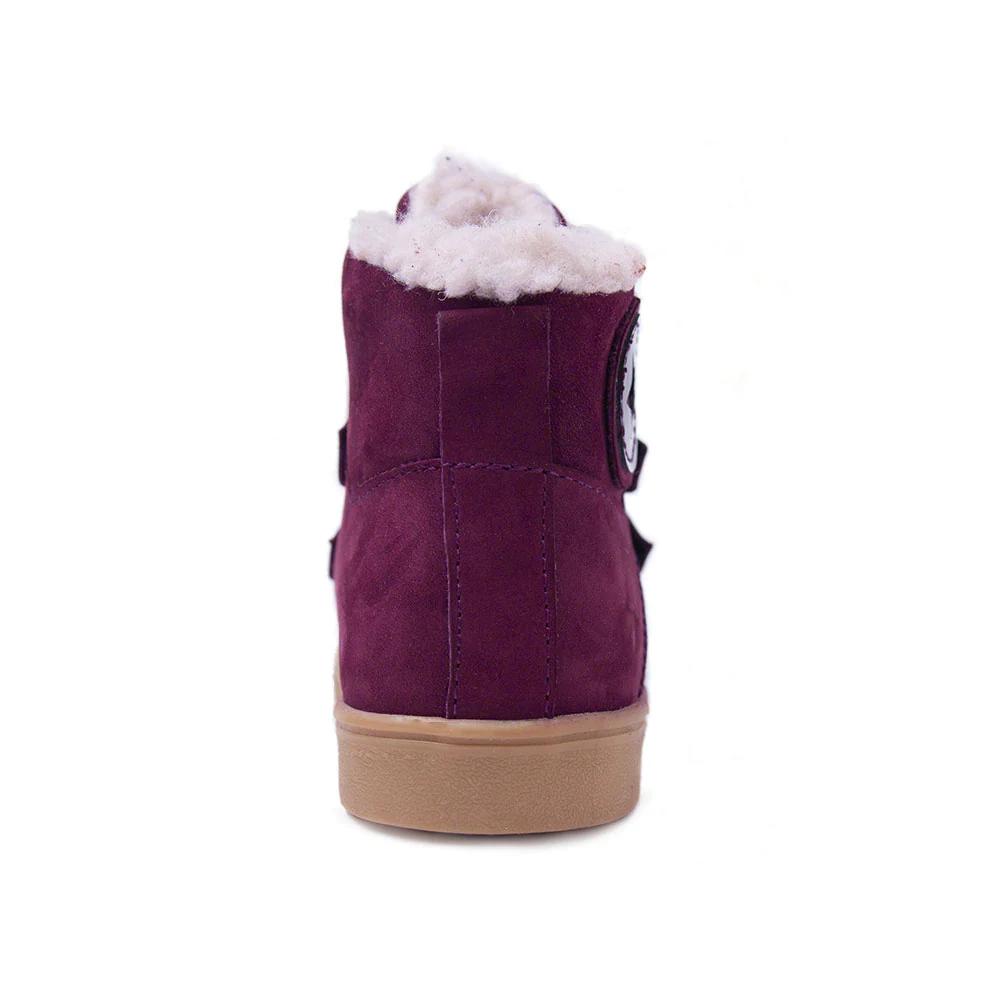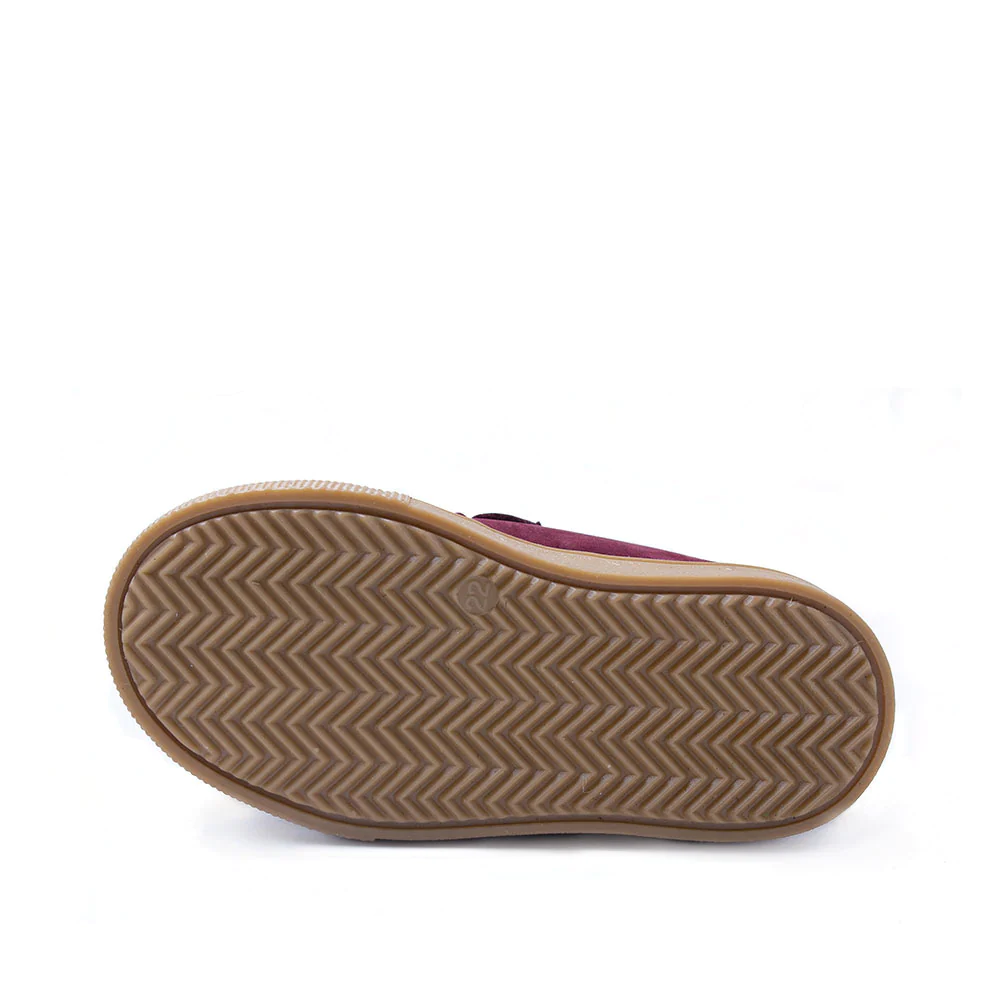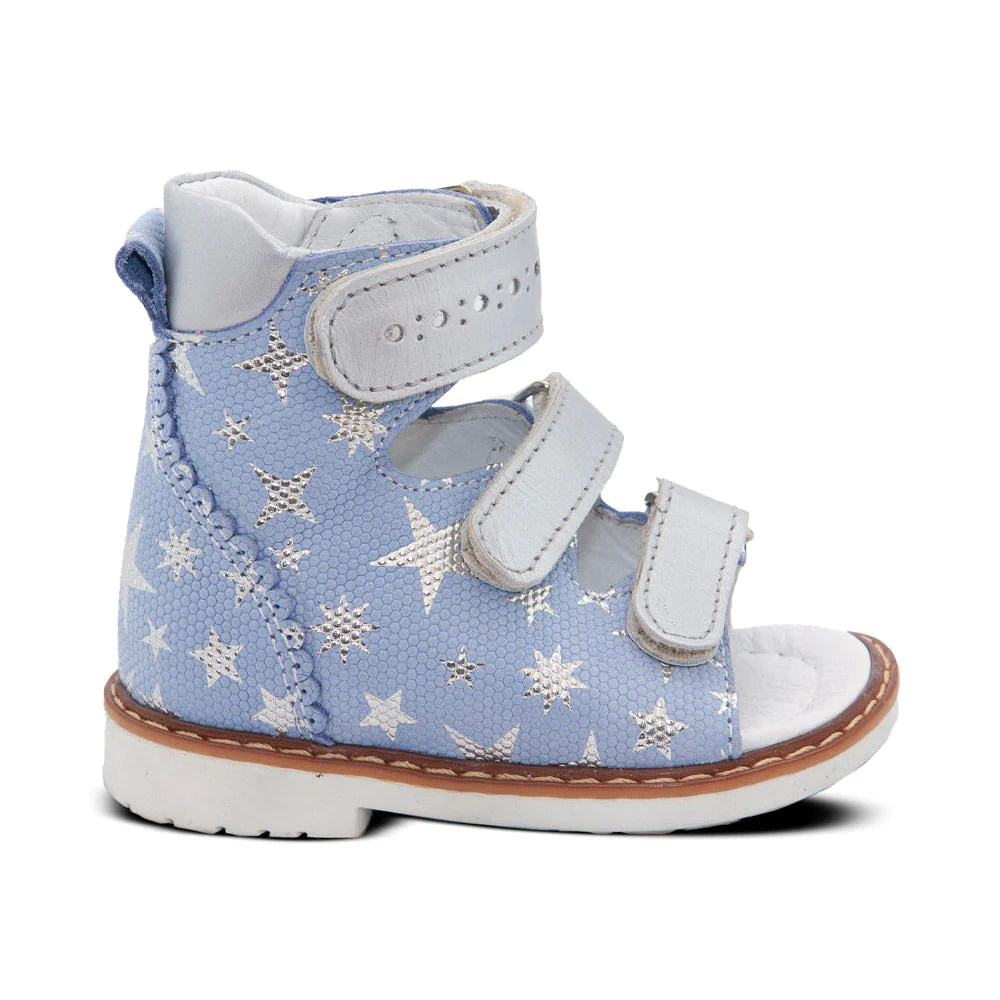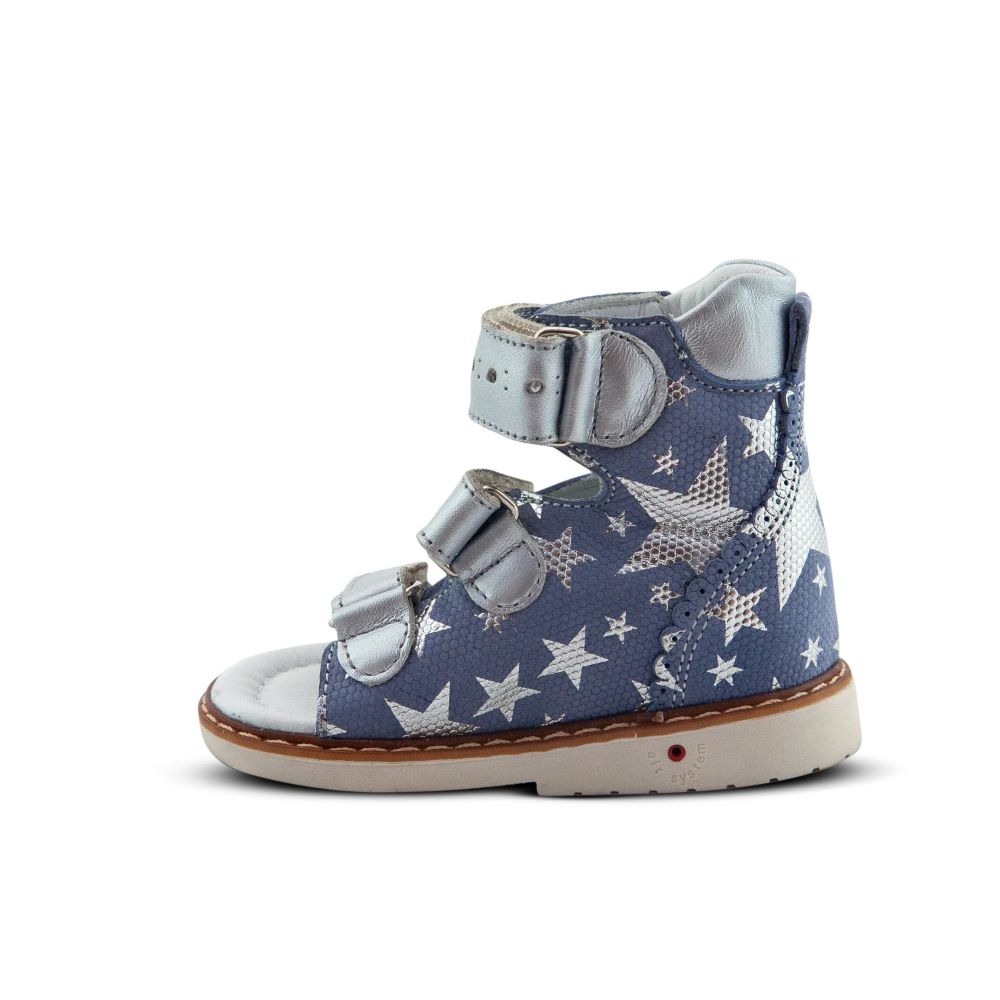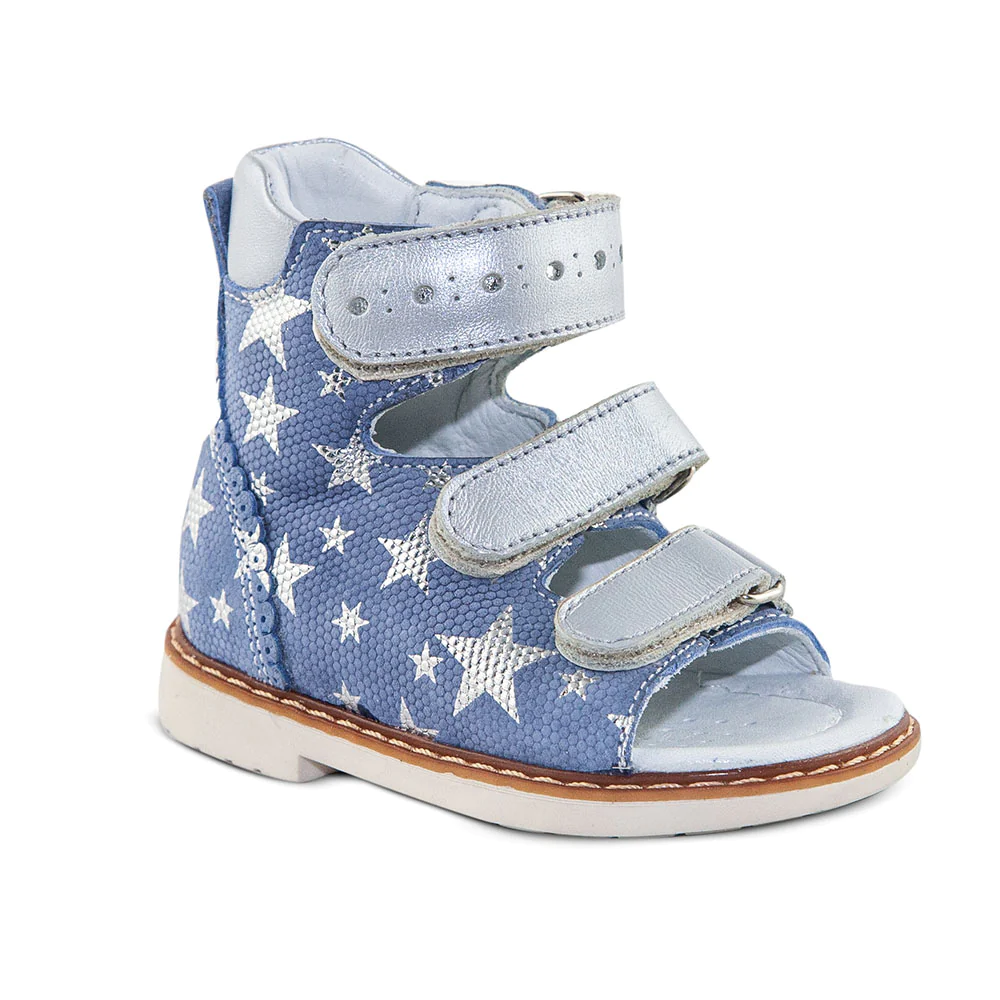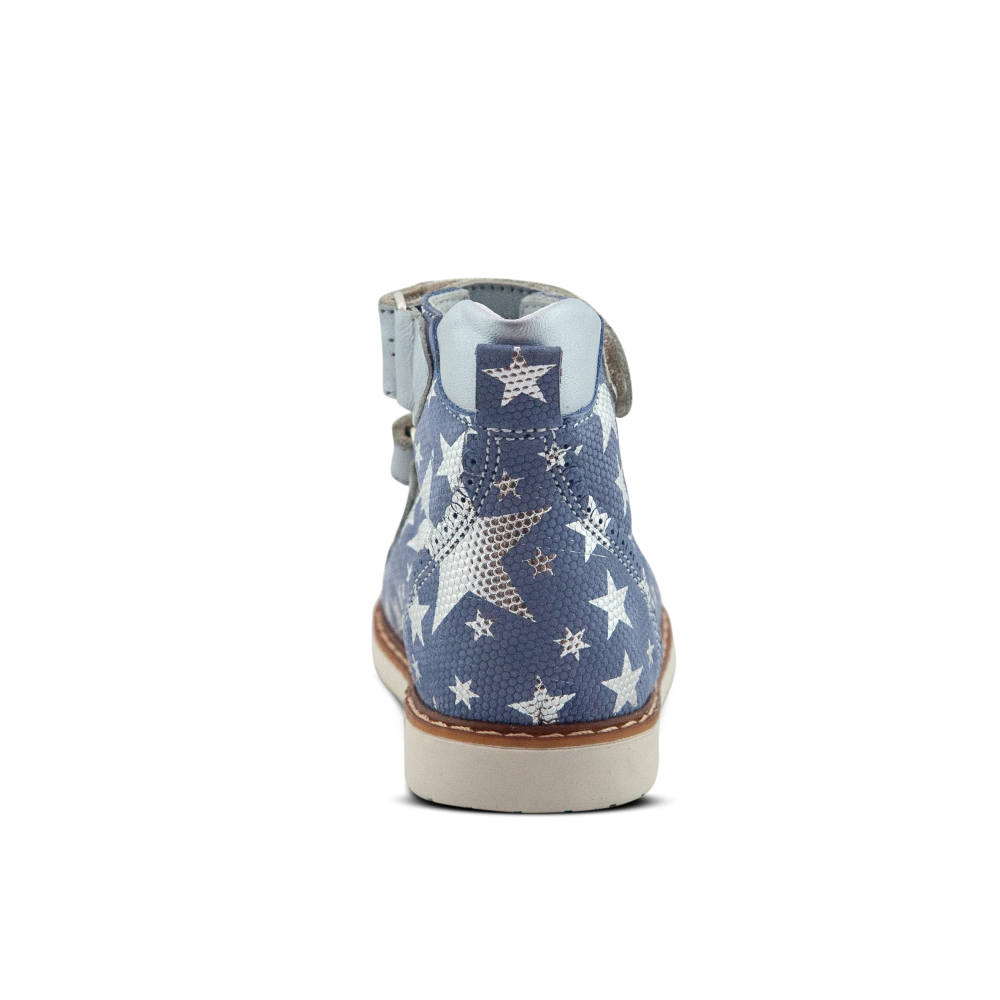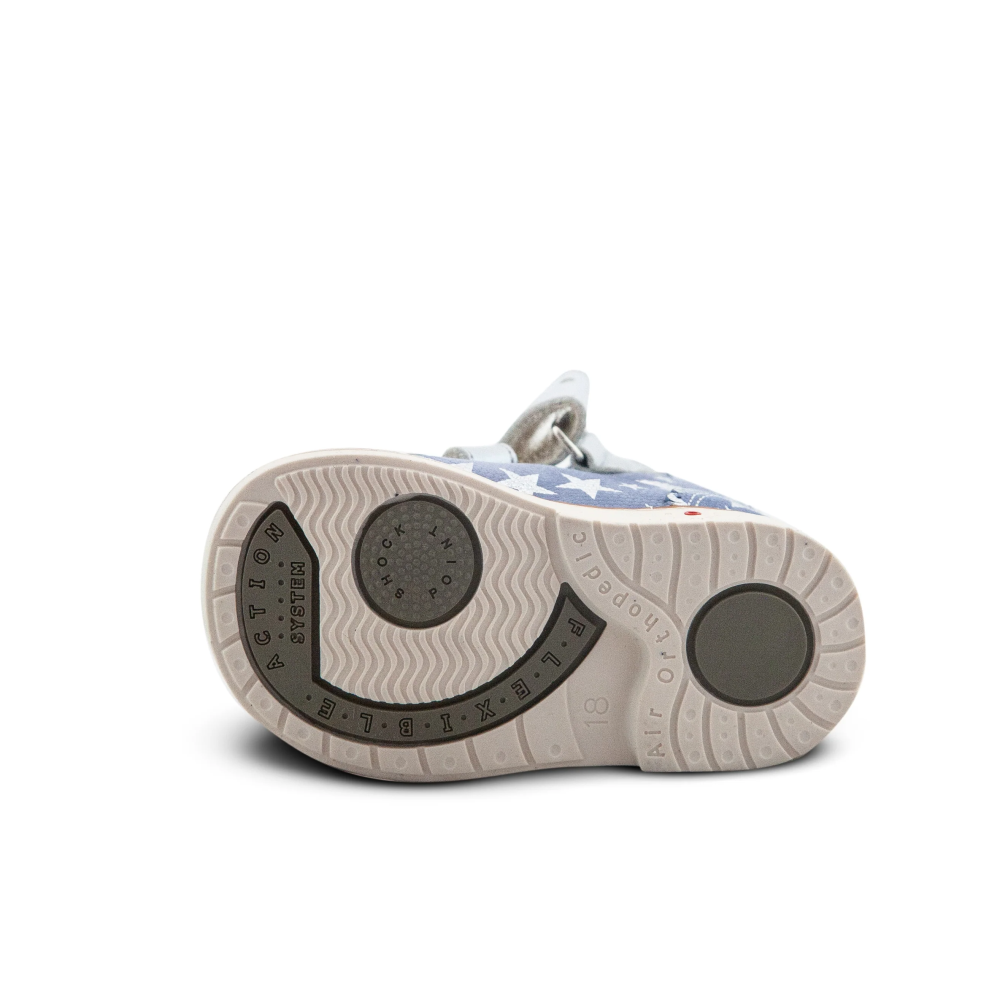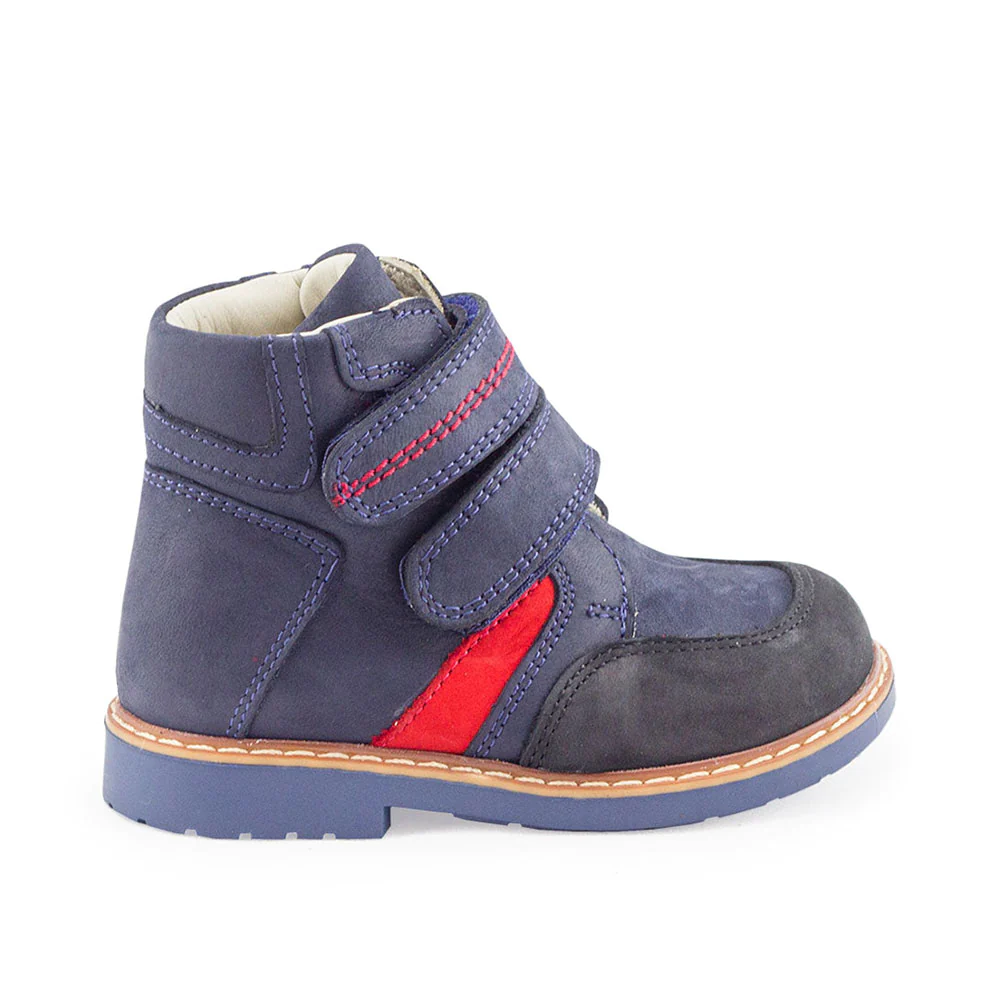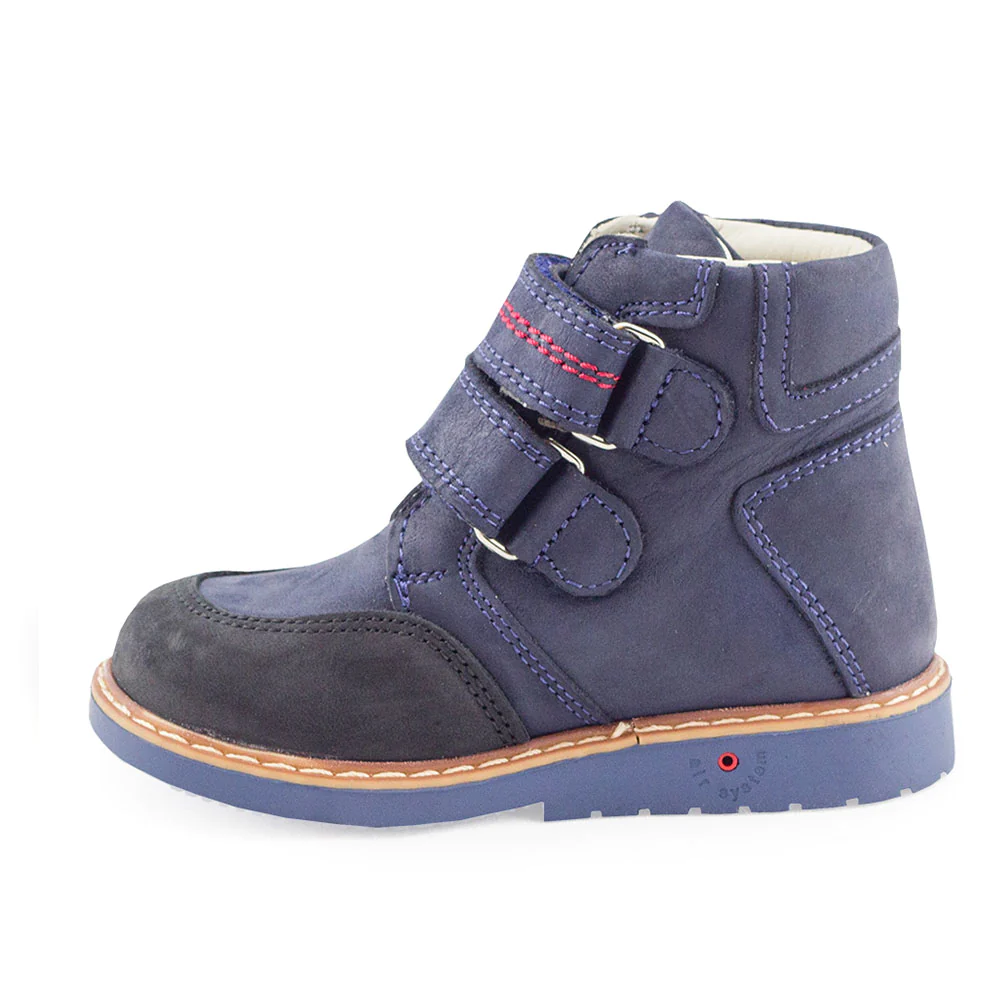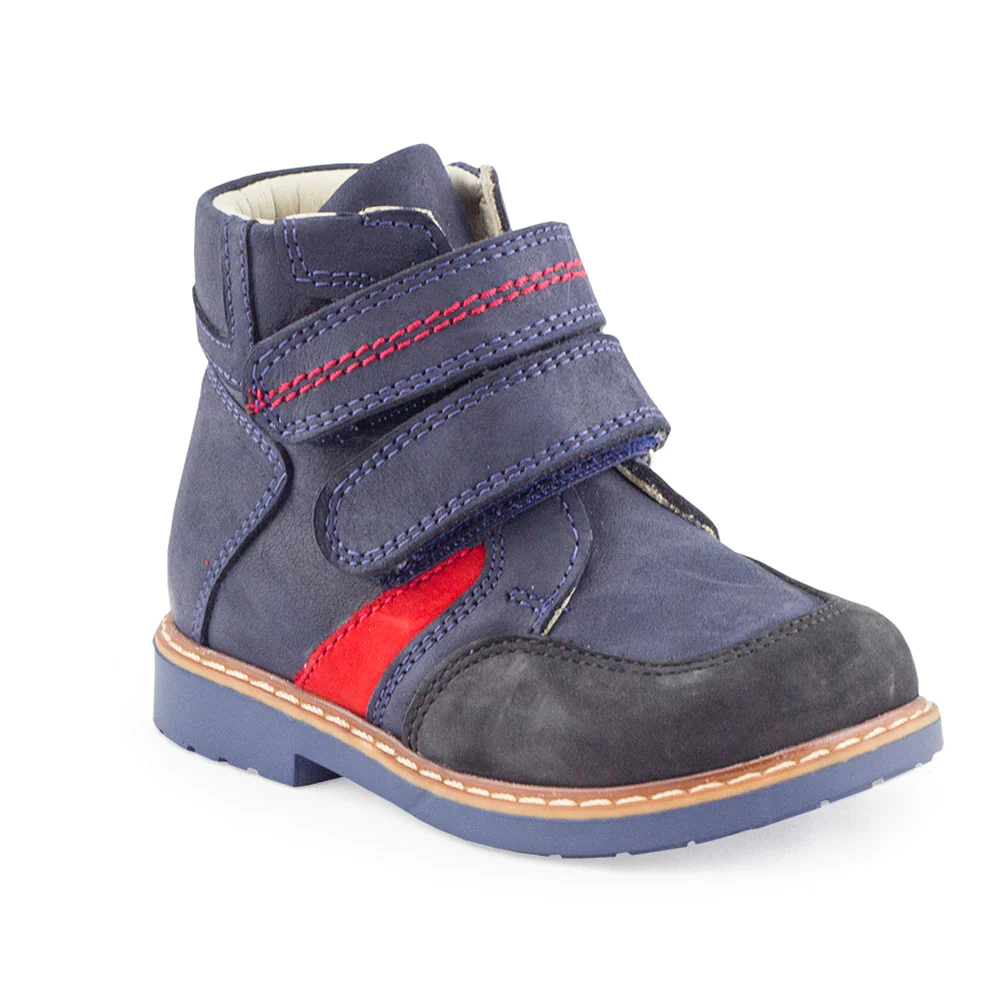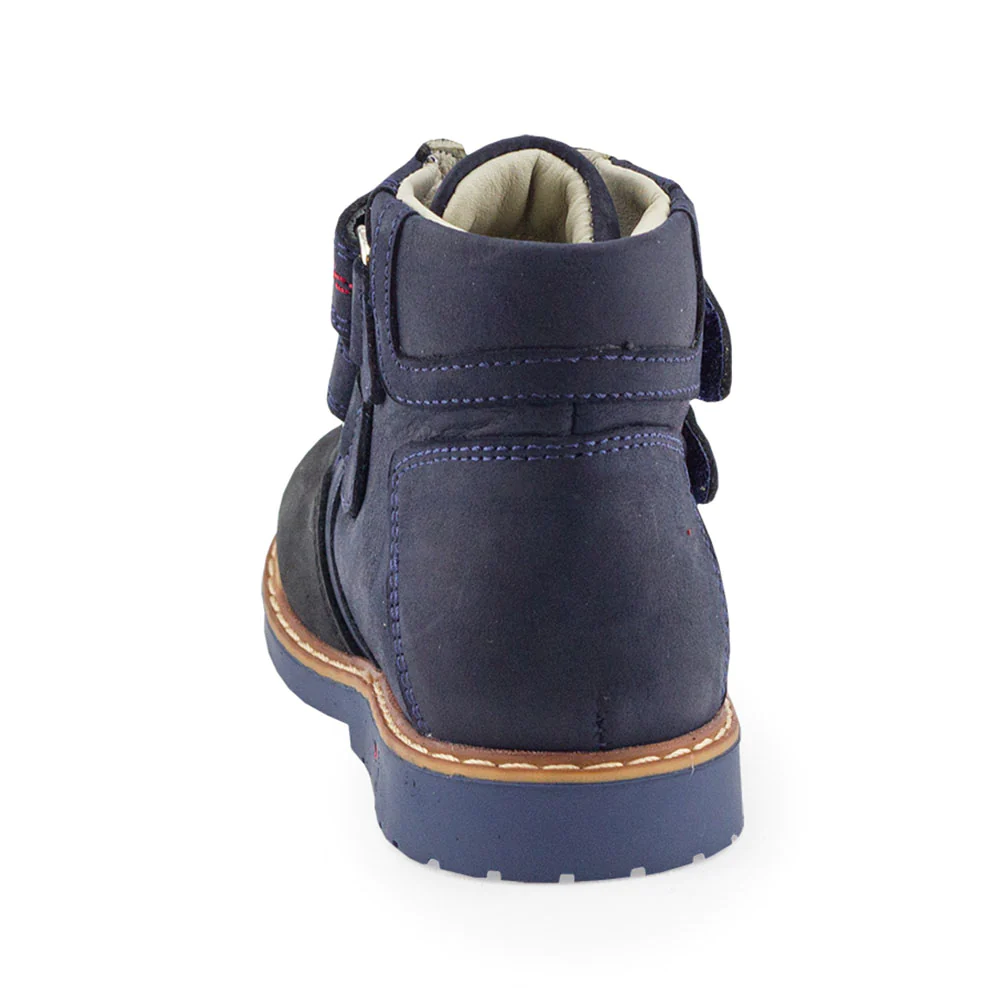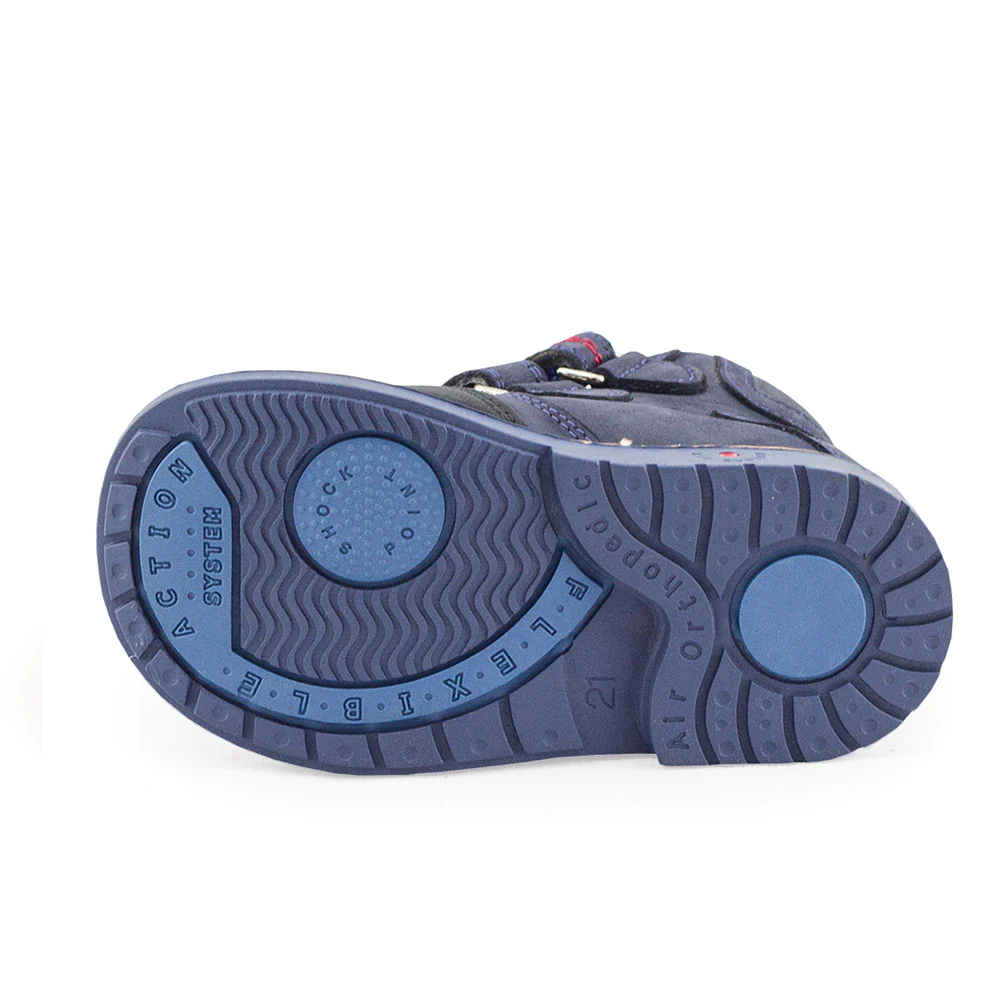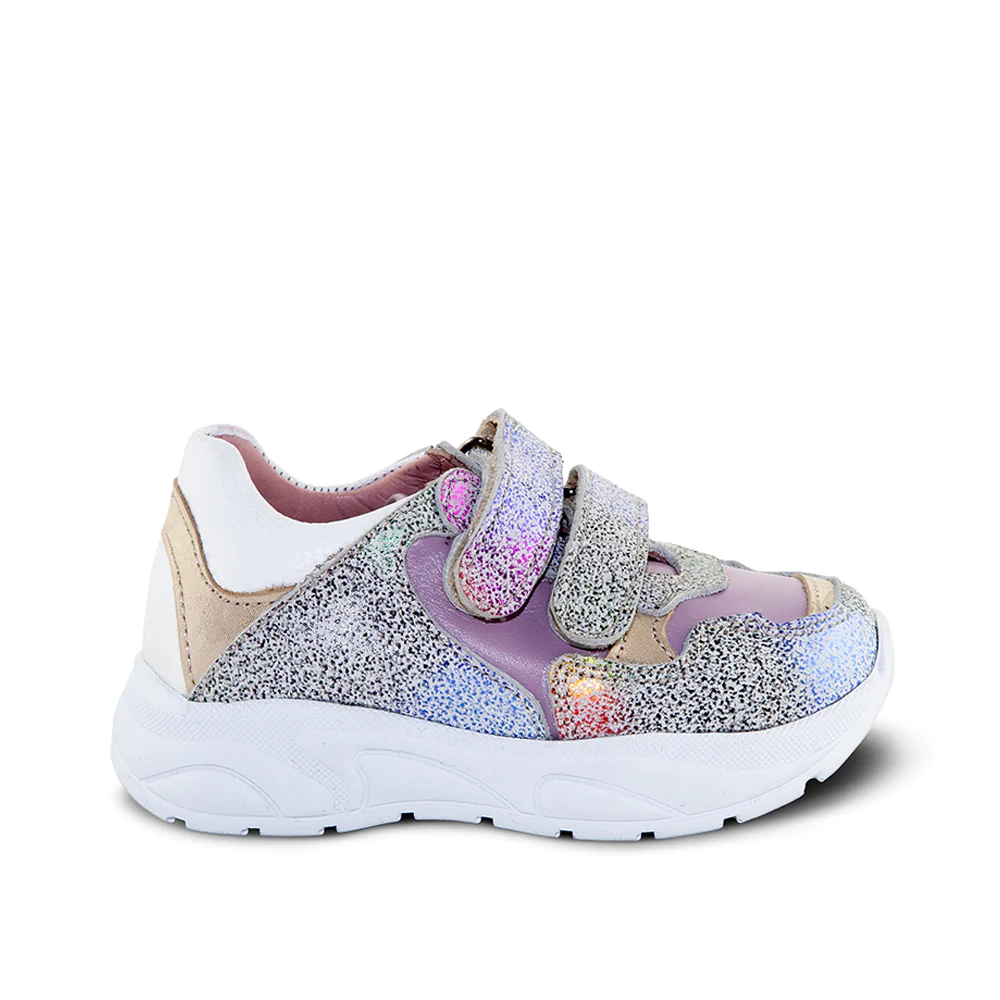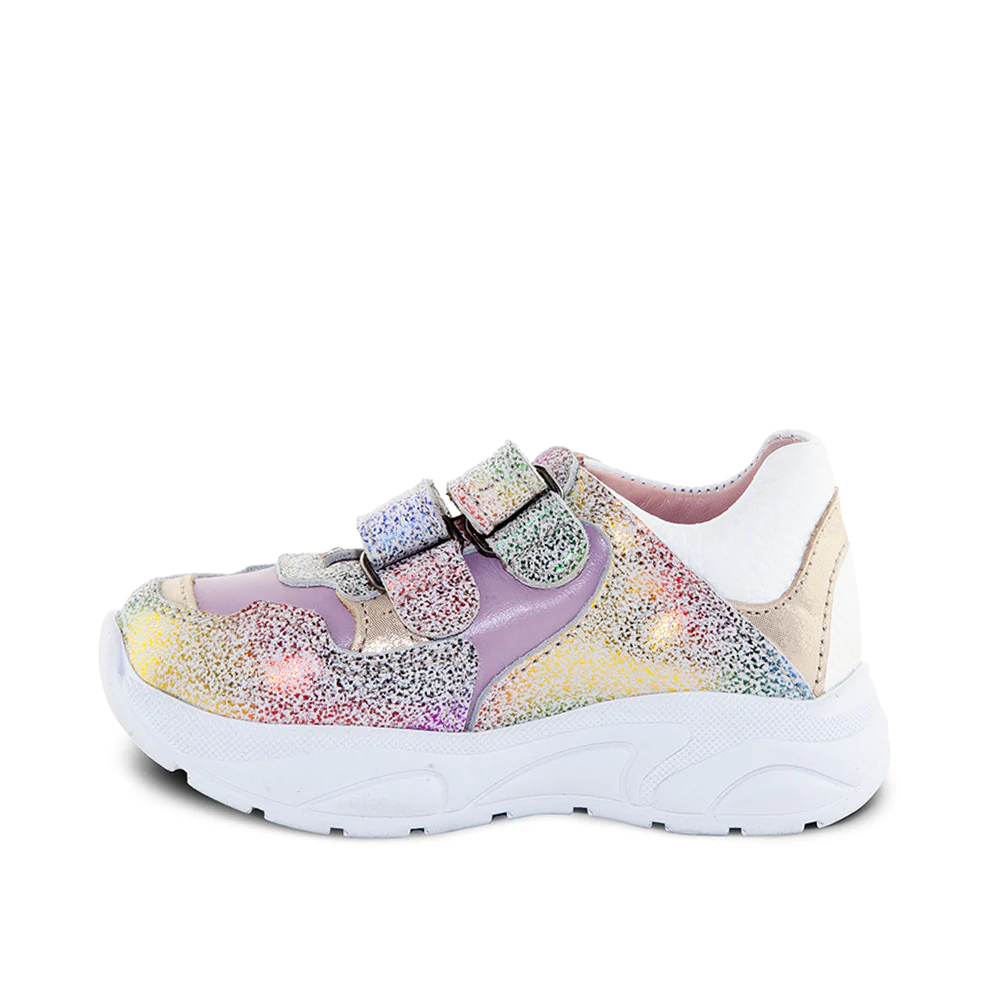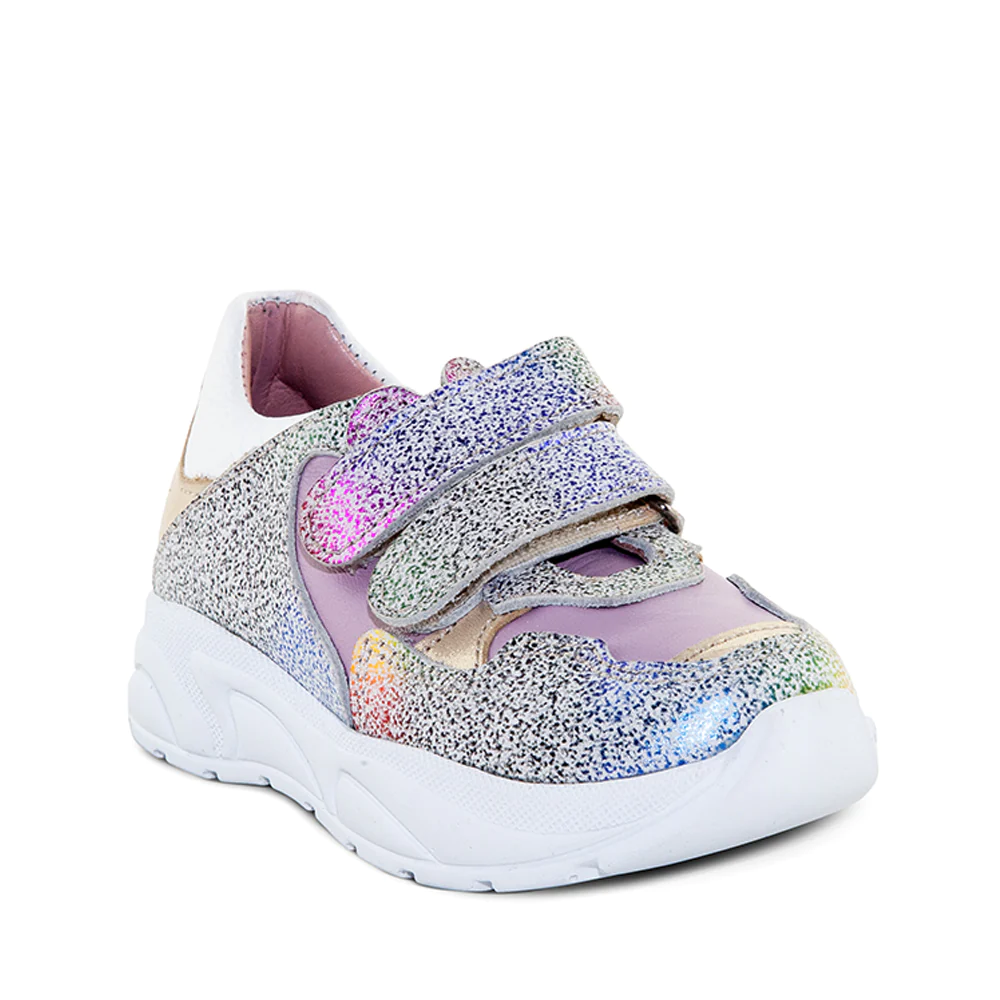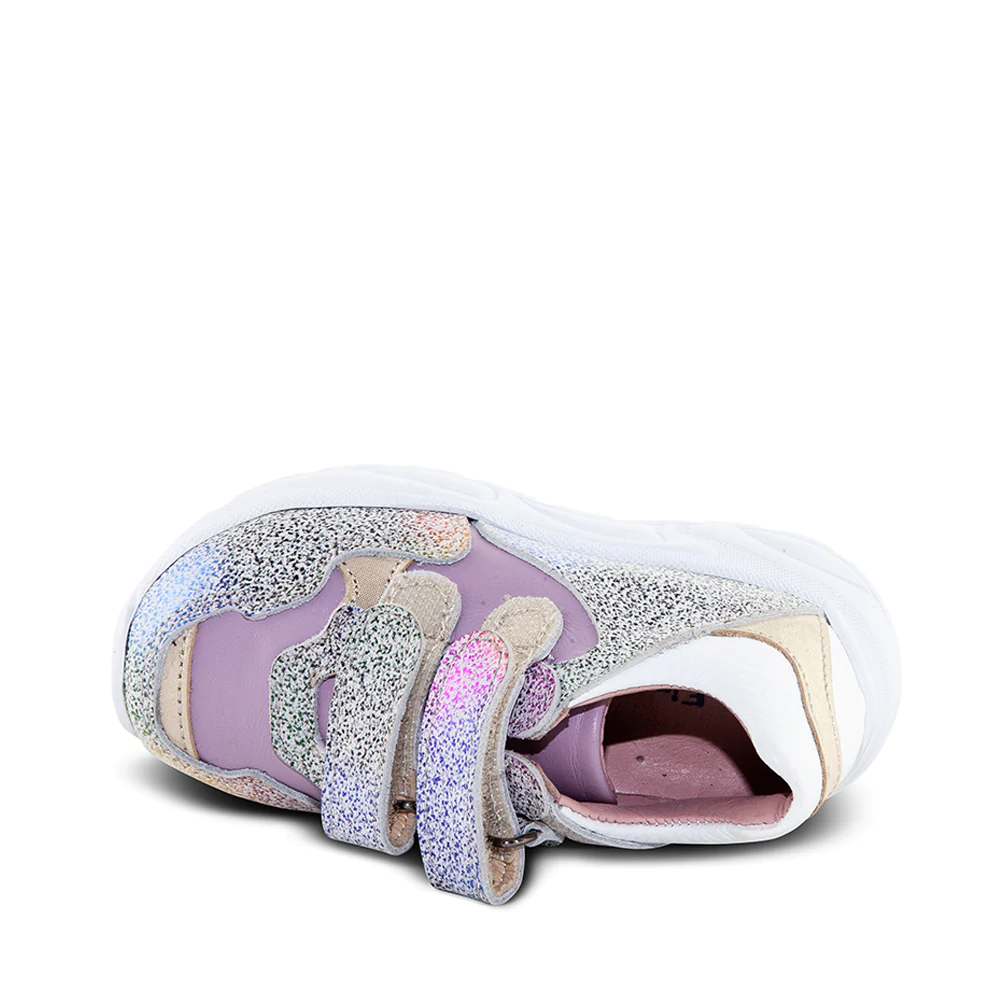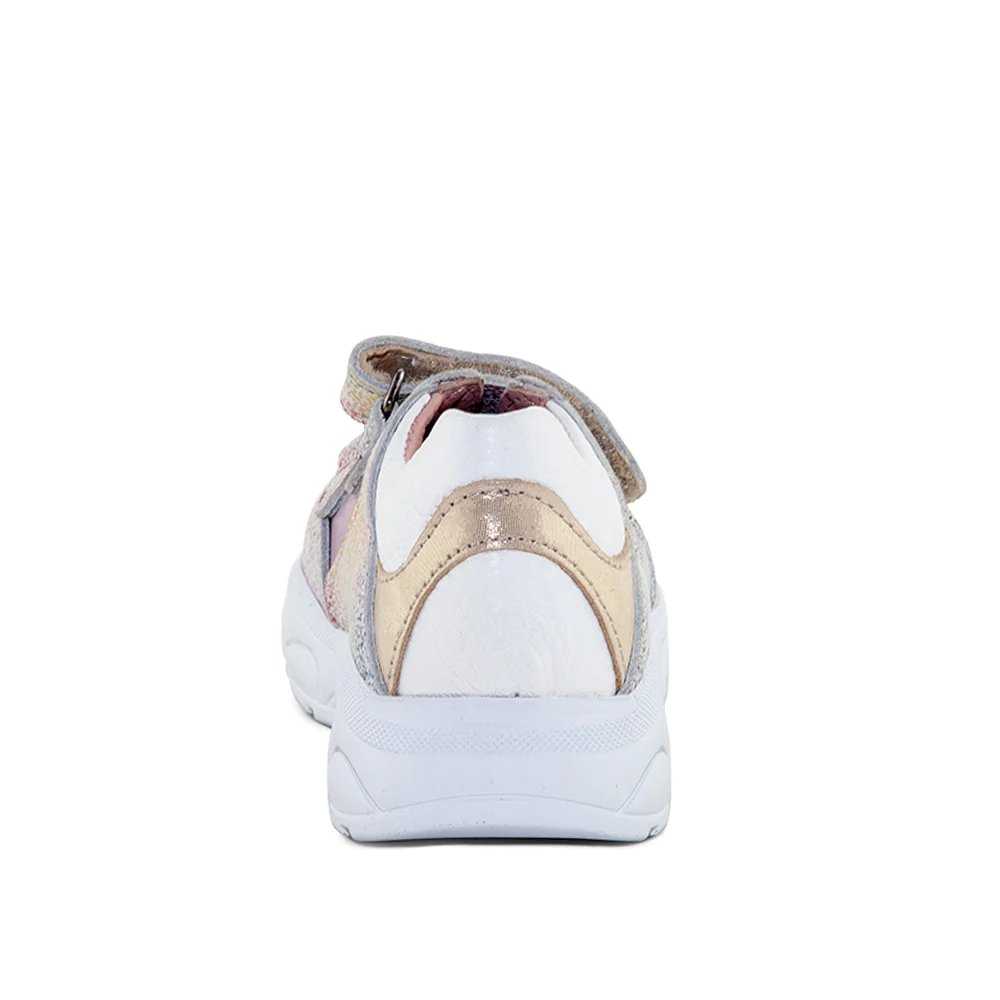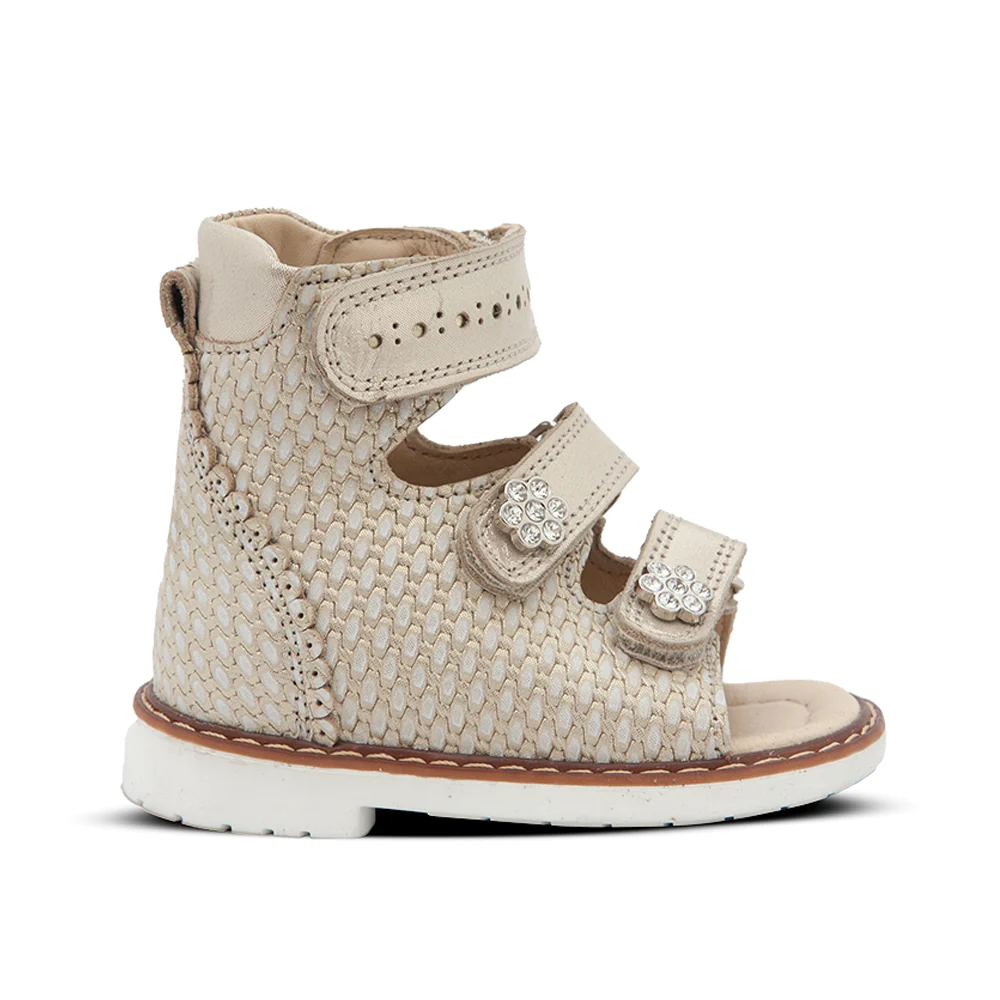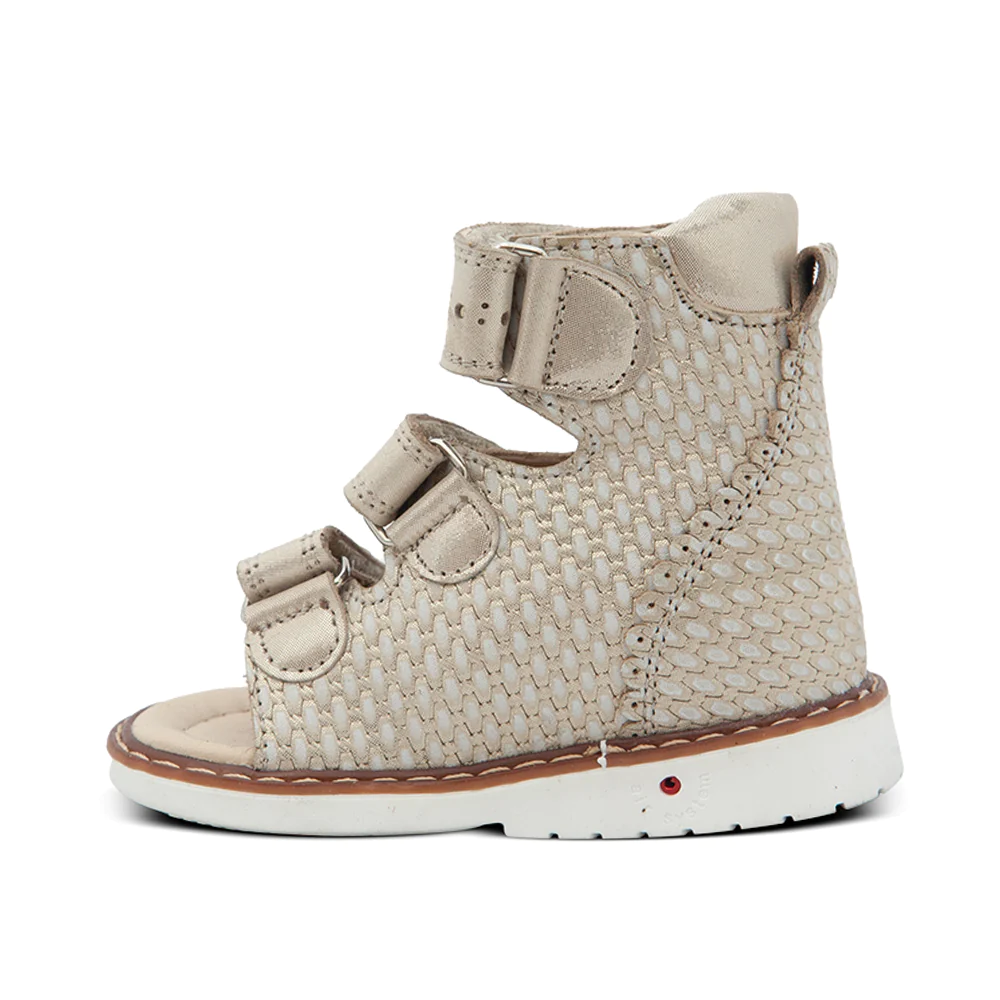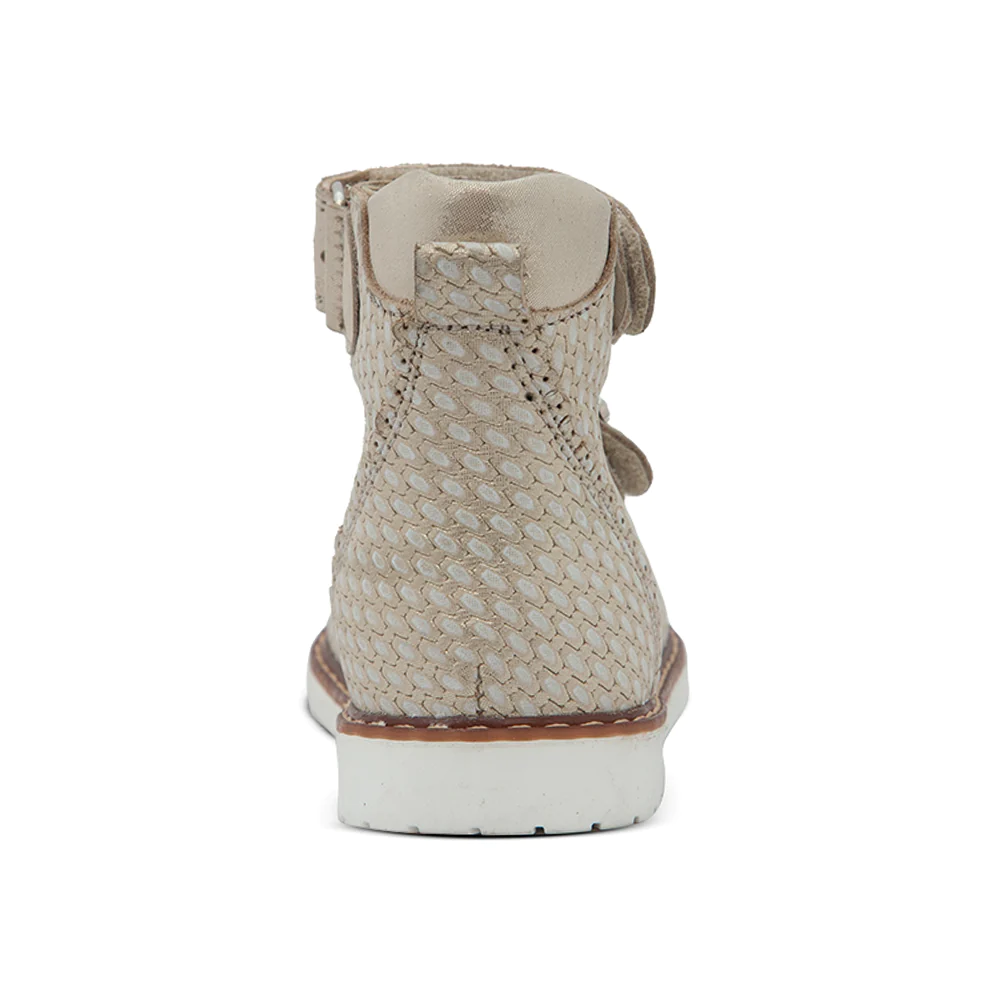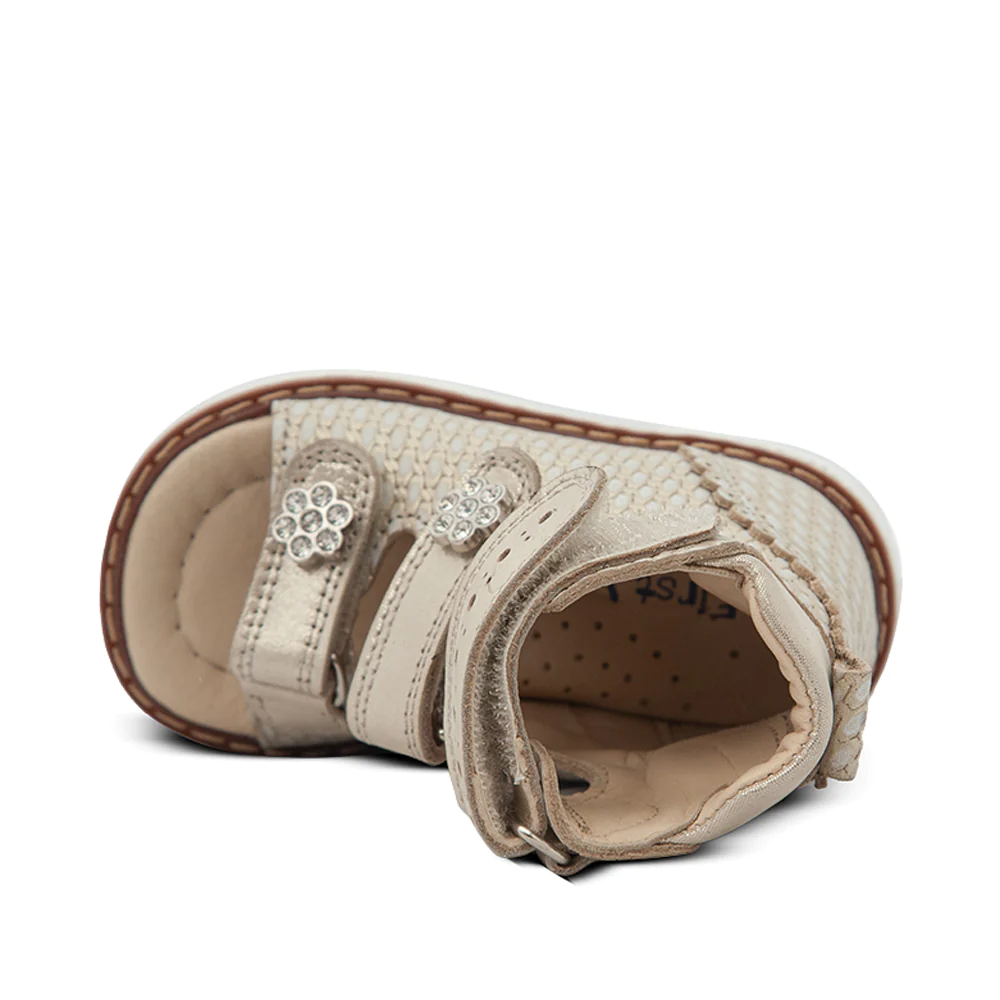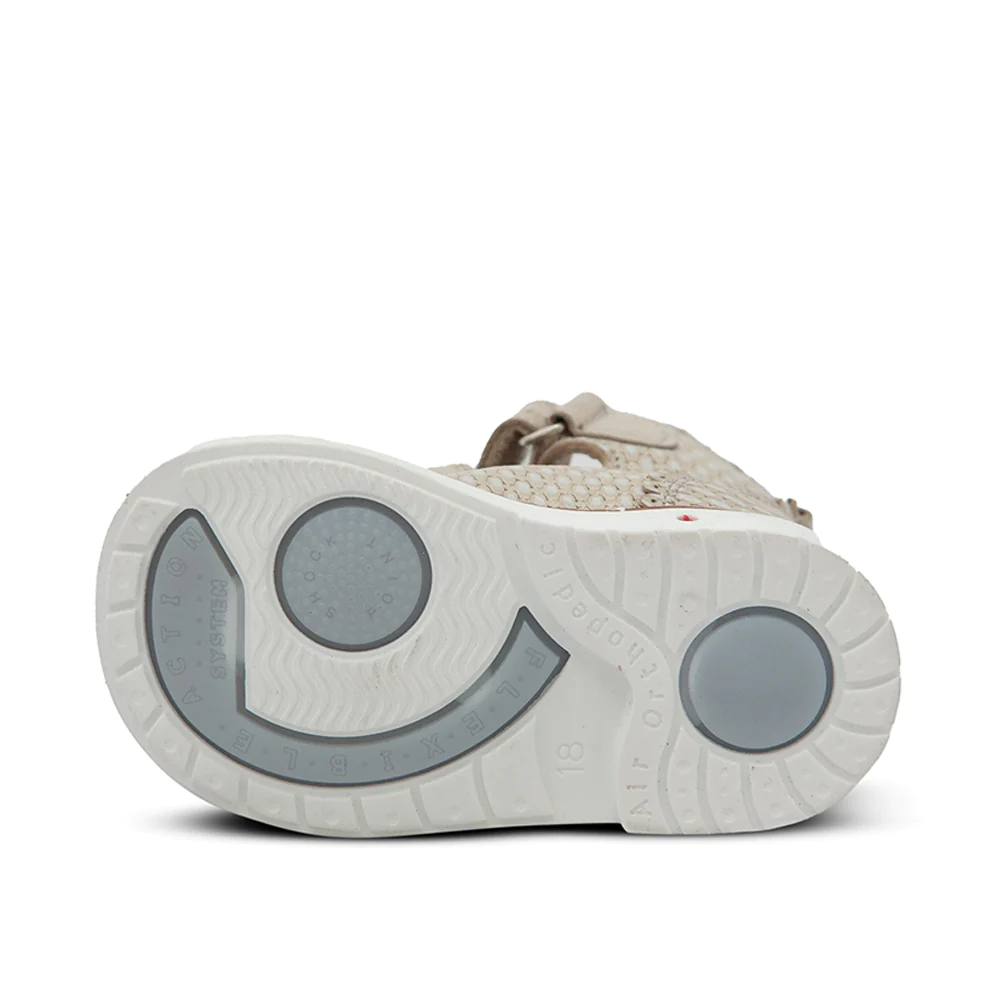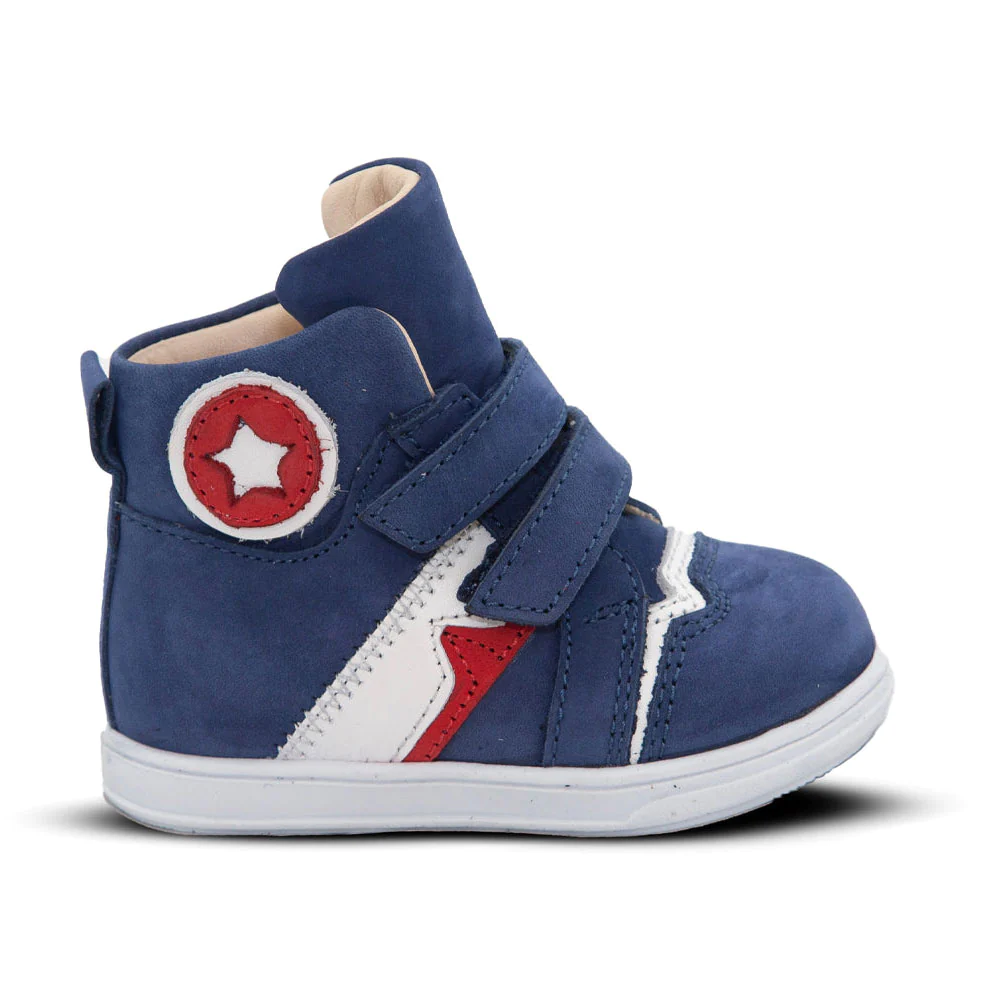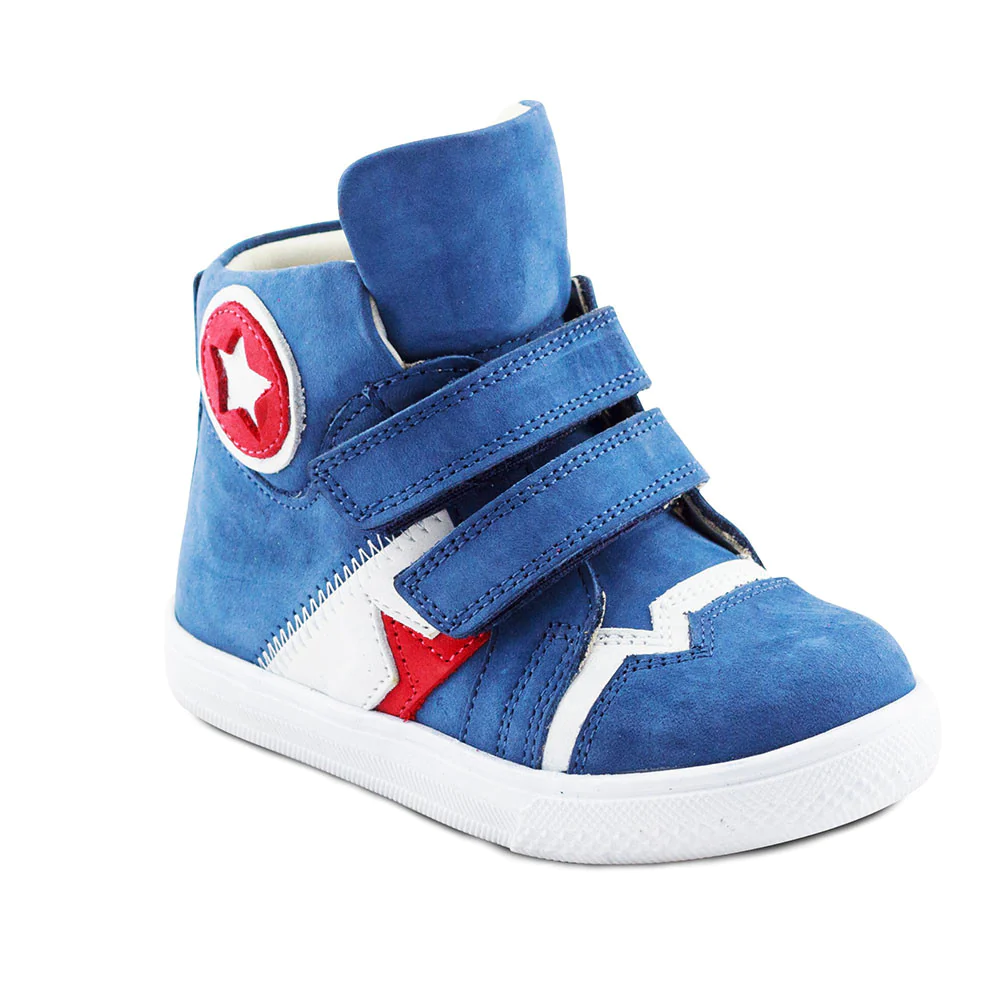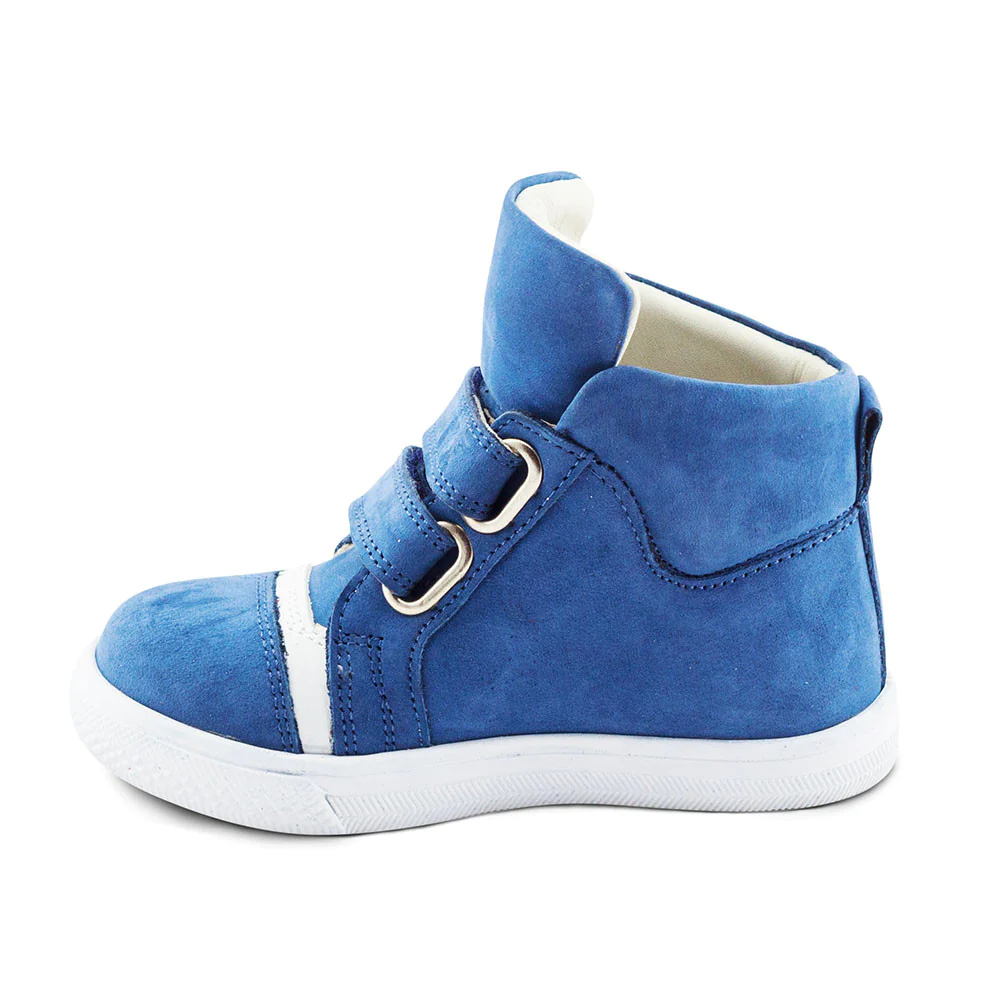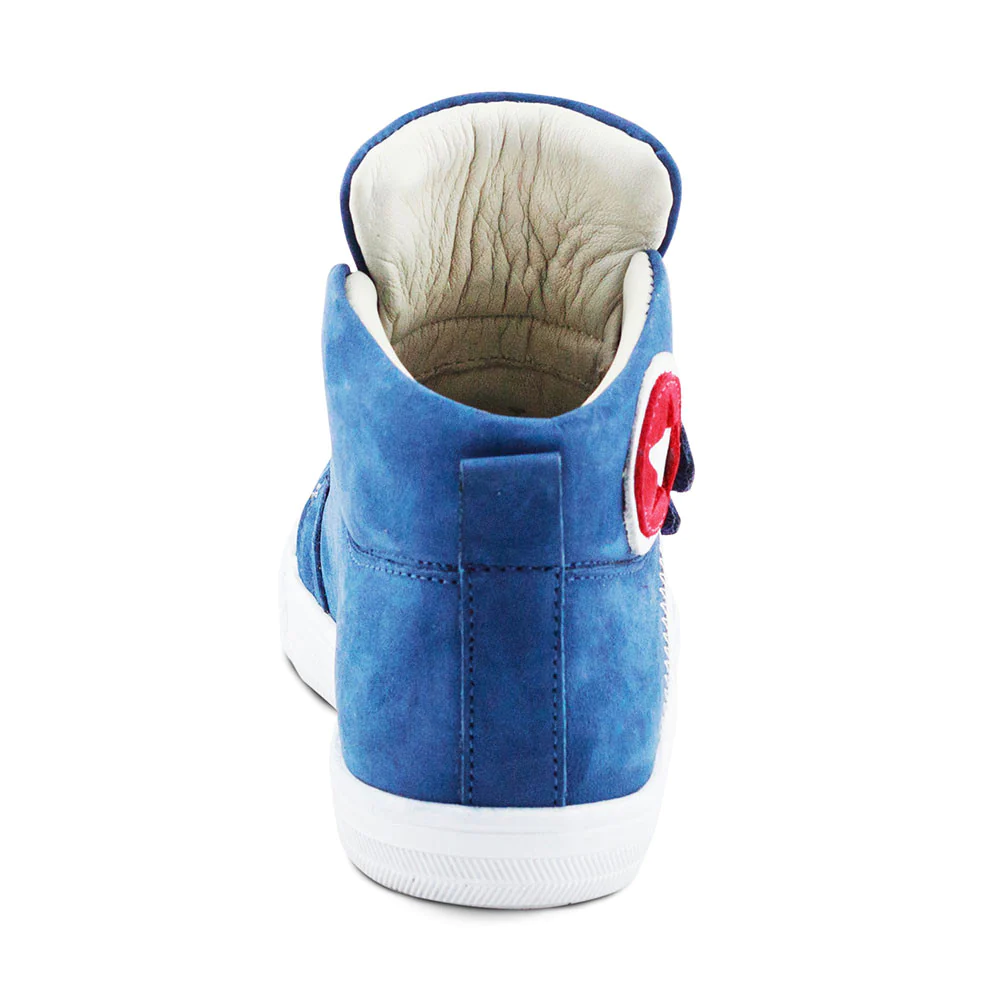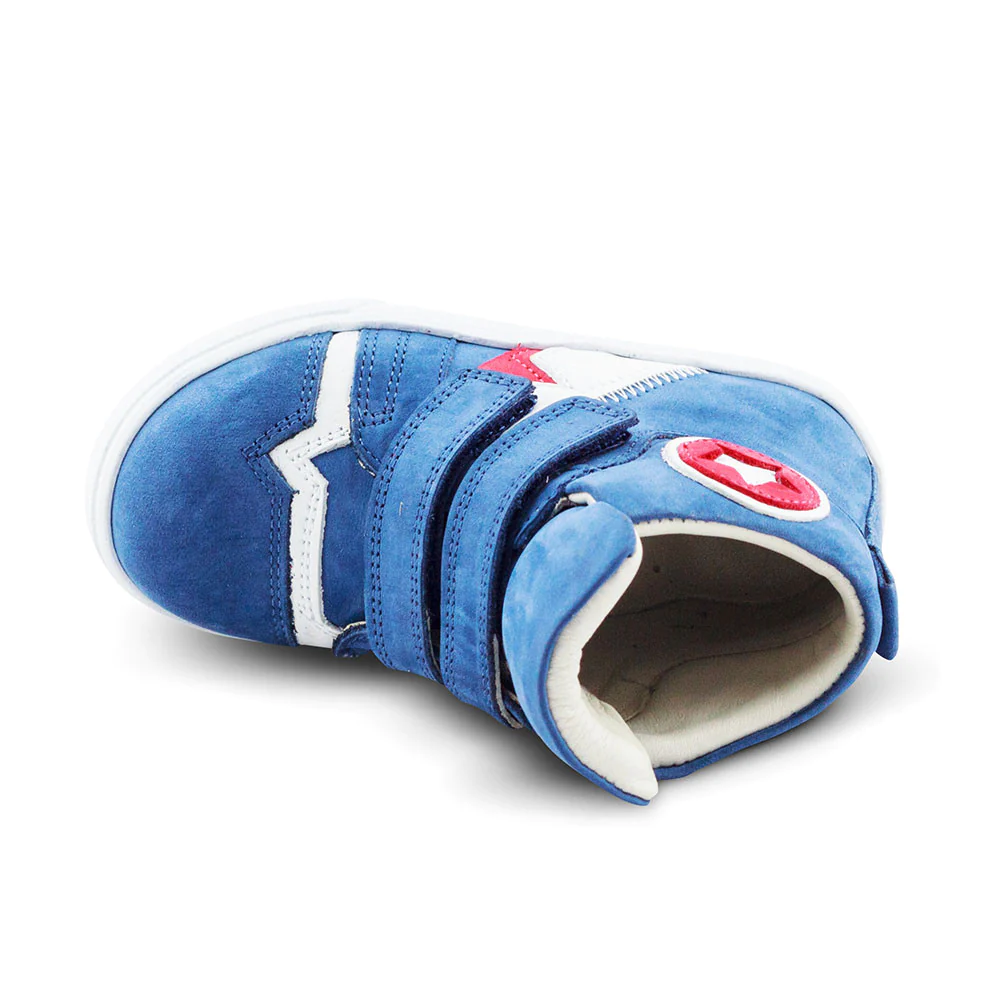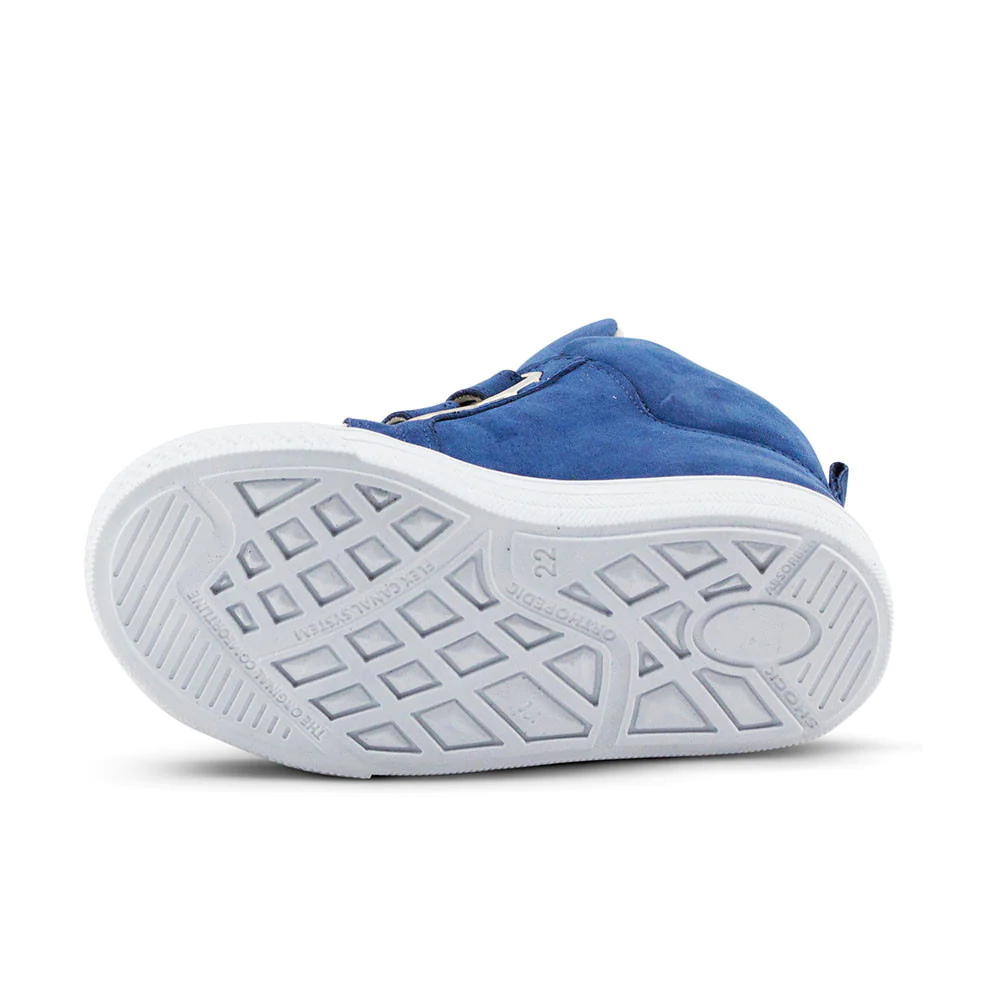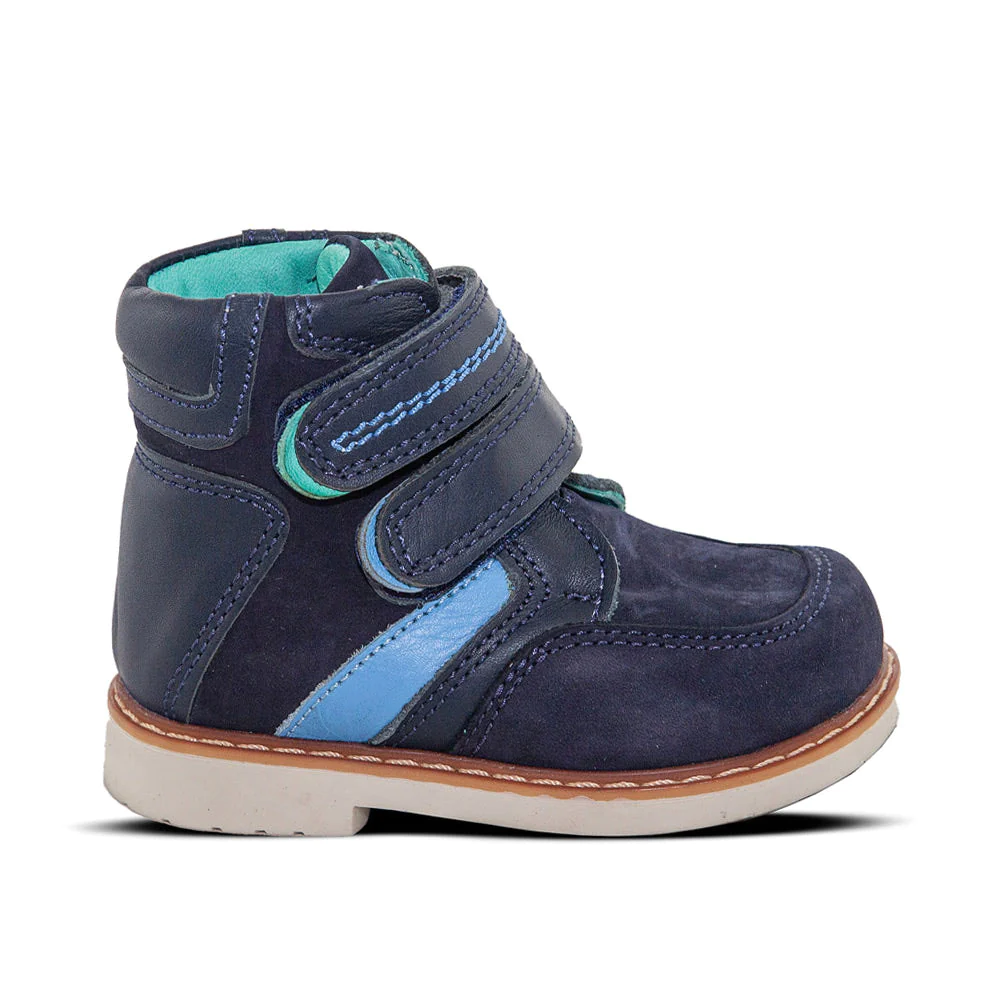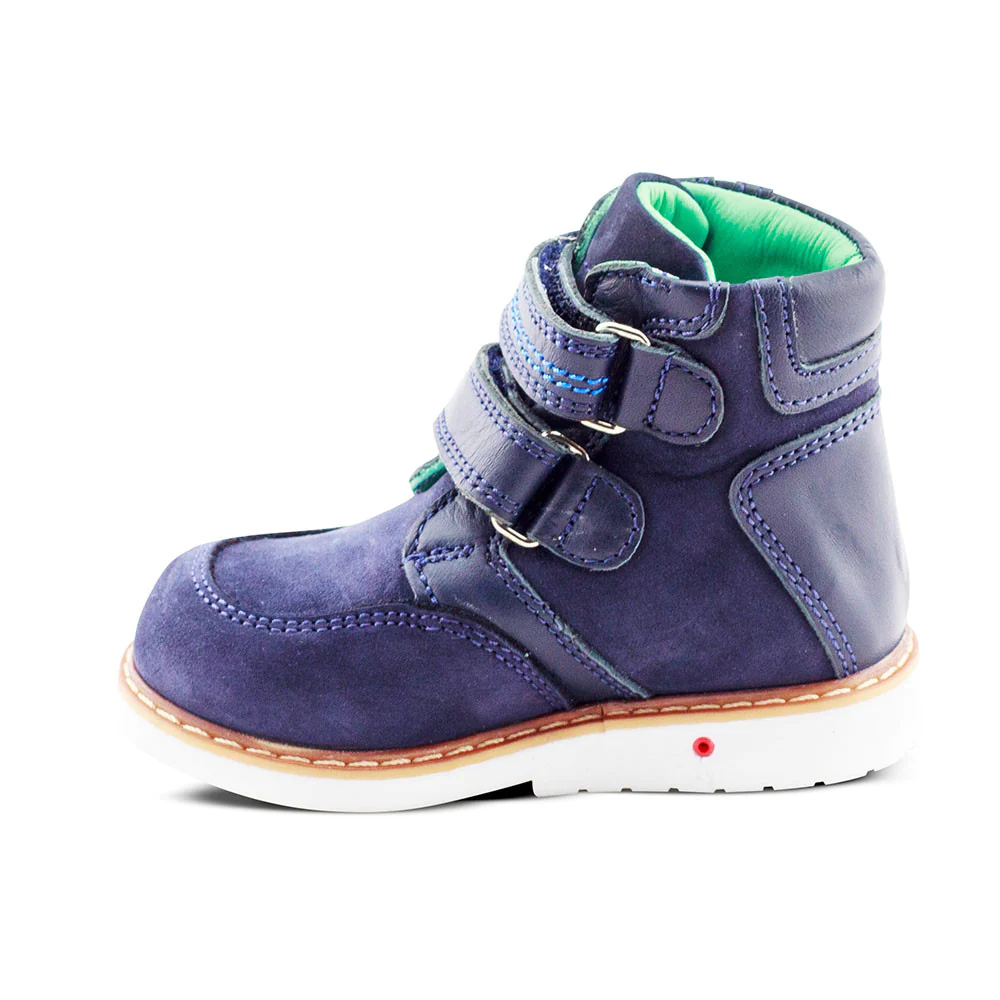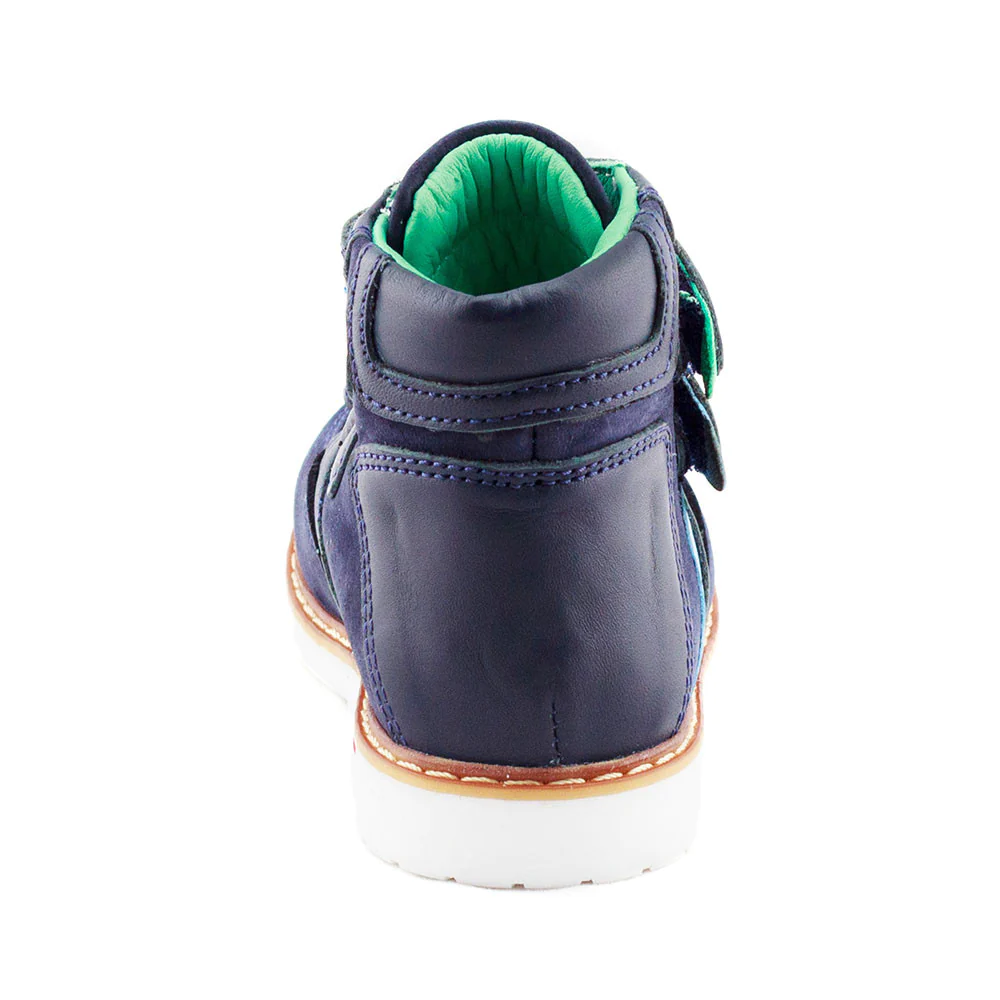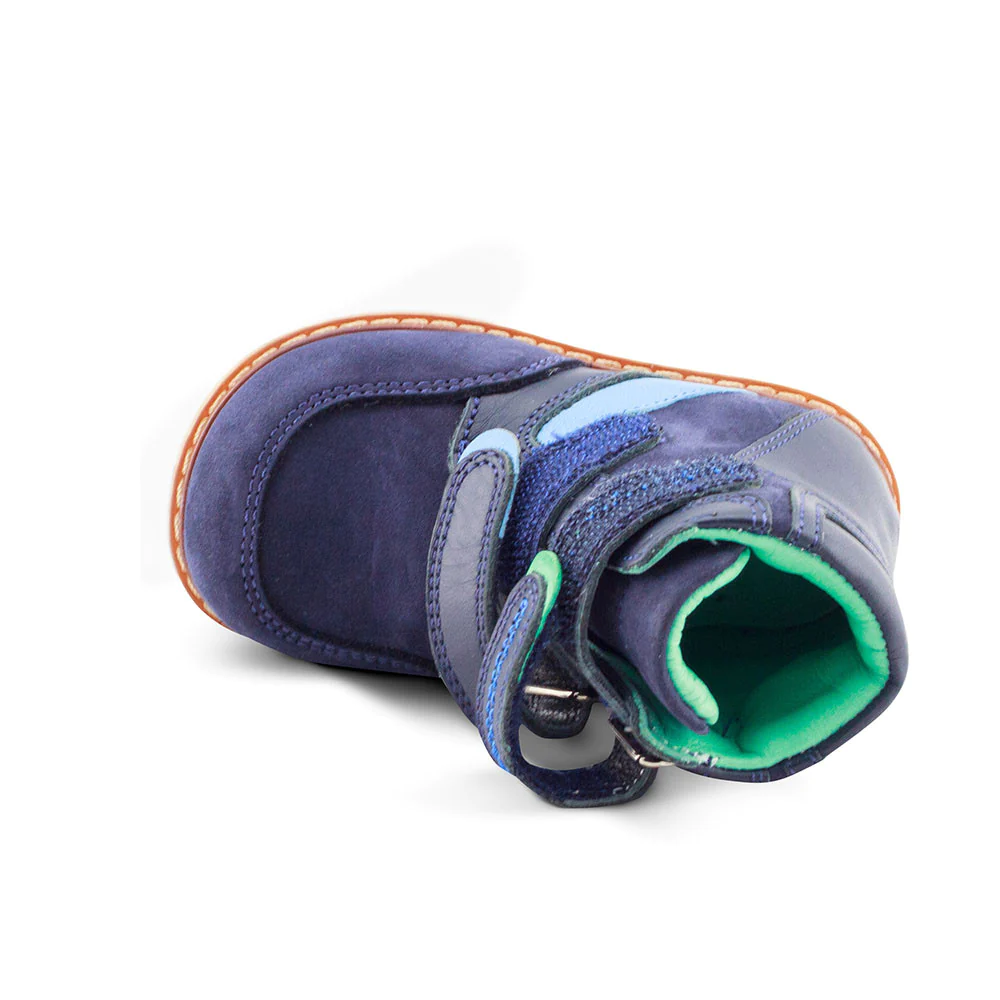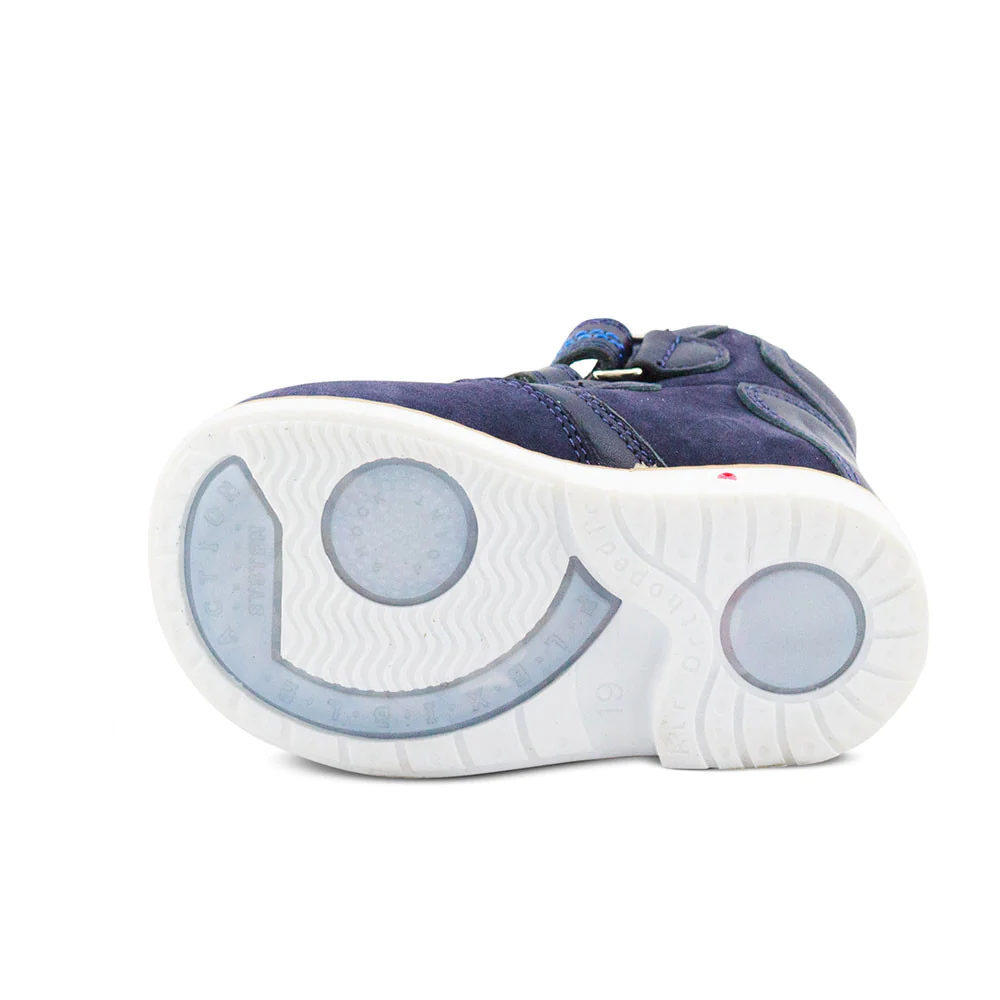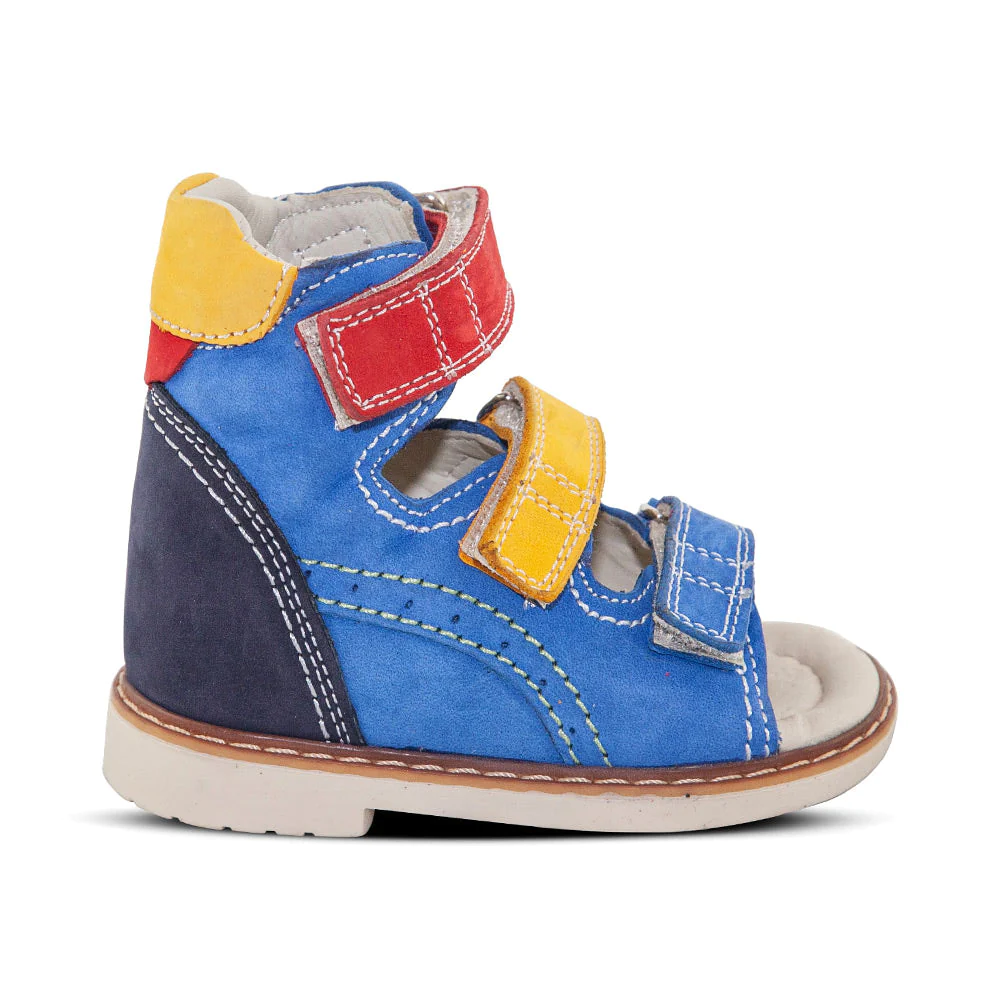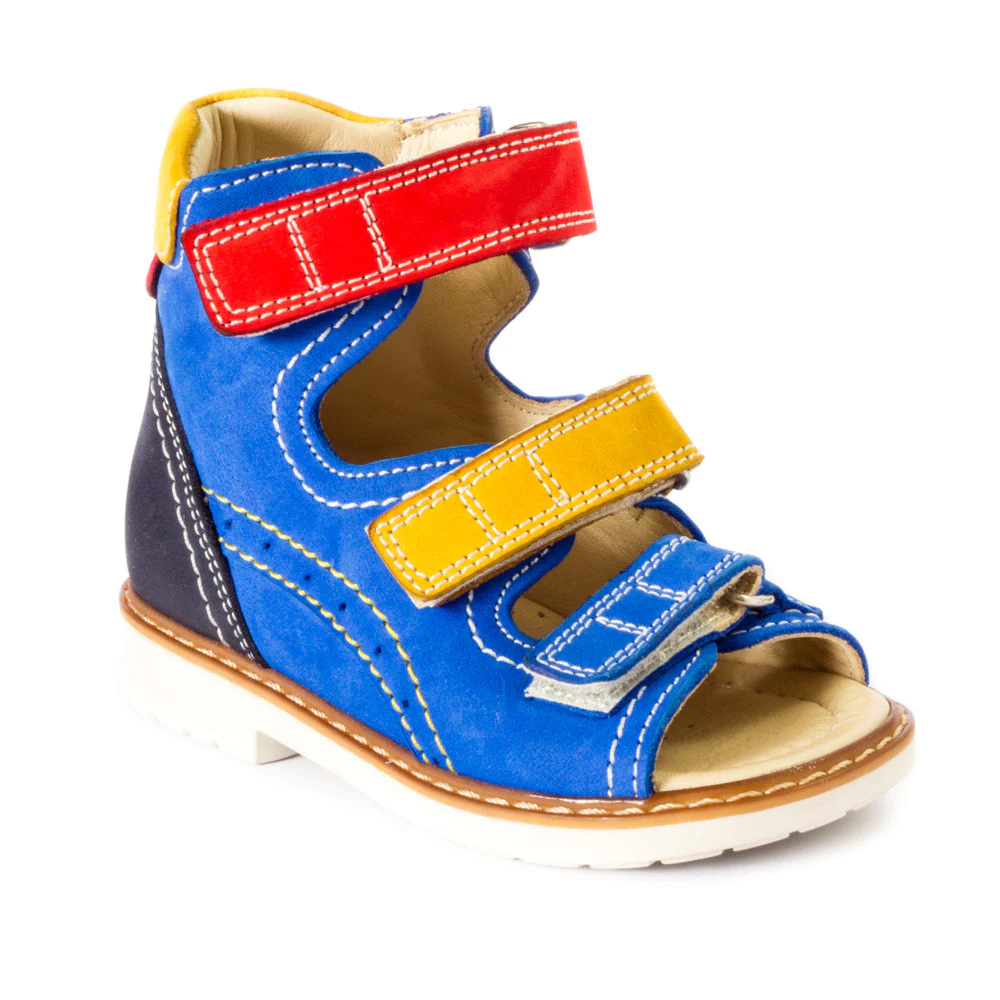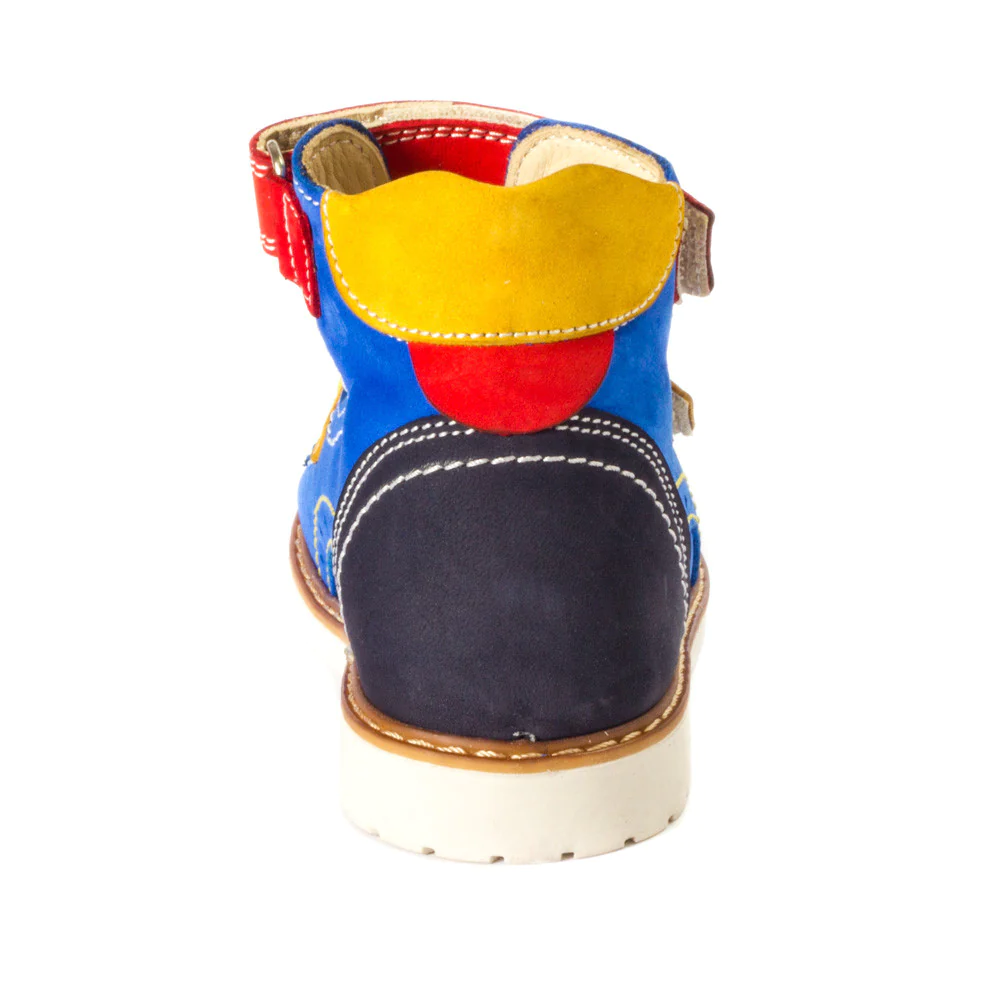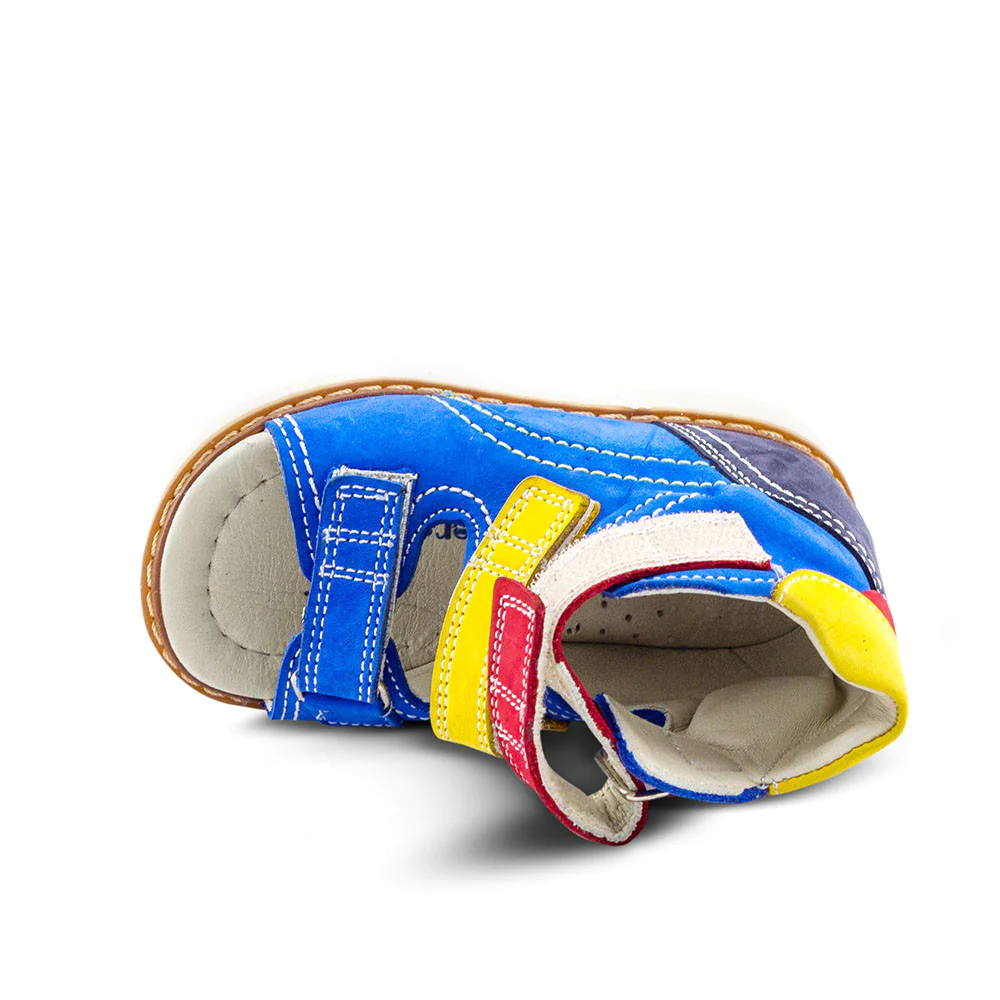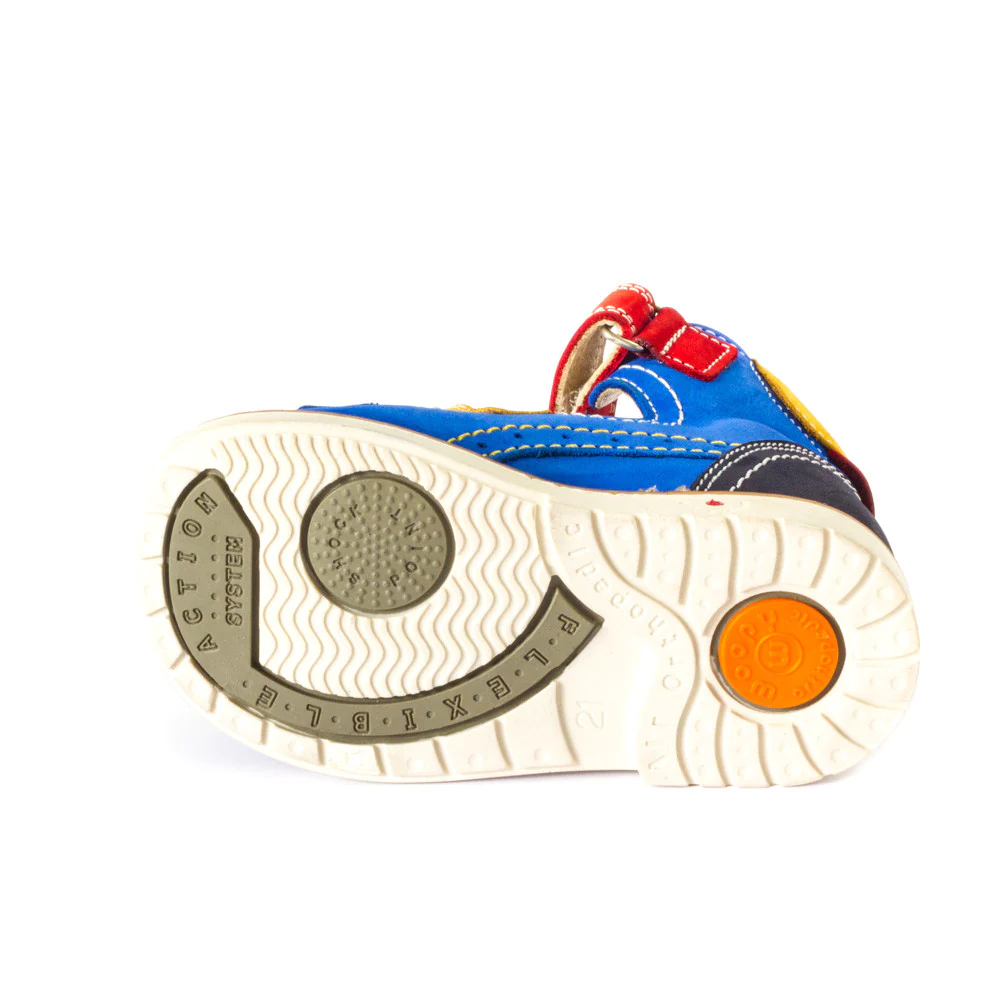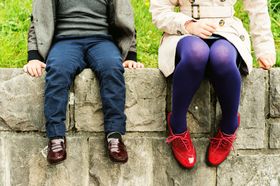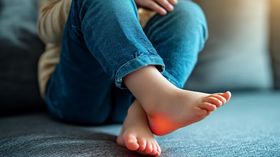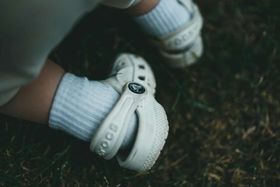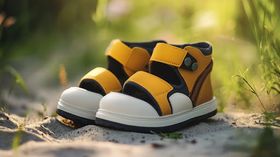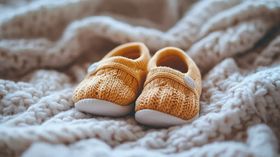10 Must-Have Infant Footwear: Fashionable and Functional Picks
Tired of sacrificing style for function when it comes to your baby's footwear? These must-have infant shoes redefine the standards for both, ensuring your LO's feet grow happy and healthy in style.
Updated December 6, 2024.
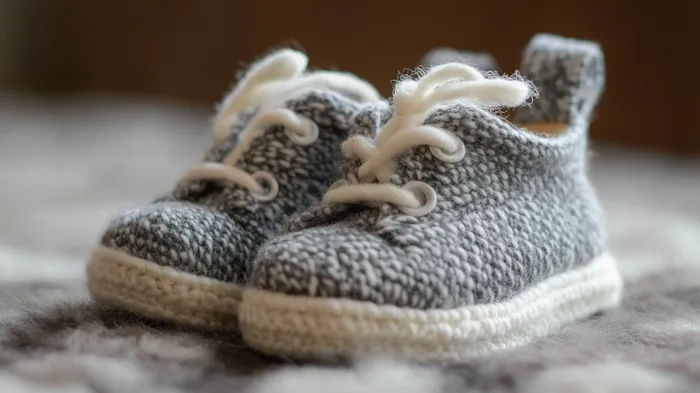
As a new parent, you're faced with countless decisions, from choosing the right stroller to selecting the best baby food. One particularly important choice is infant footwear. With so many options available, it can be overwhelming to find the perfect pair that combines style and function.
Poor-fitting or low-quality footwear can negatively impact your infant's developing feet. Improper support can lead to problems like flat feet, toe deformities, and other issues that may affect their walking or comfort.
Don't worry! That's why we have created a list of must-have infant footwear options that are both fashionable and functional. These carefully selected picks offer the perfect combination of style, comfort, and support, ensuring your little one's feet develop healthily and happily.
» Start browsing the biggest orthopaedic baby footwear collection
Our Picks for the Top 10 Best Shoes for Infants
- Best overall baby footwear - Bellamy Grey Sneakers
- Best casual baby footwear for girls - Classic Jurassic Sneakers
- Best baby footwear for winter - Emma Berry Sneakers
- Best baby footwear for sensitive skin - Elegant Delta Sandals
- Best baby footwear for easy on/off - Smooth Owen Boots
- Best baby footwear for special occasions - Lilly Pearl Sneakers
- Best eco-friendly baby footwear - Precious Mia Sandals
- Best for fashion-forward parents - Cap Levi Sneakers
- Best baby footwear for growth spurts - Velvet Logan Boots
- Best baby footwear for outdoor play - Jumpin' Zach
The Importance of Proper Footwear for Infants
Recent studies have shown the crucial role of proper footwear in supporting healthy foot development and preventing potential problems in children. [1] Research indicates that footwear should be flexible, have a wide toe box, be lightweight, and breathable. [2]
Here are some important features to look out for:
- Flexible soles allow for natural movement and promote proper foot development.
- A wide toe box provides ample space for toes to spread out naturally, preventing deformities.
- Lightweight construction reduces strain on developing feet and encourages active play.
- Breathable materials help prevent skin irritation and keep feet comfortable.
Specific Materials and Designs
- Flexible Rubber and Non-Slip Soles: These materials offer support, safety, and natural movement, promoting muscle development and balance.
- Breathable Lightweight Materials: Options like mesh or canvas ensure comfort, prevent skin issues, and adapt well to different seasons.
- Wide Toe Box: A spacious toe box allows for healthy foot growth and toe alignment.
Note: Stiff soles can restrict movement and comfort, hindering natural foot development. Heavy materials can limit movement and cause fatigue, delaying motor skills development.
» Learn to stretch out your baby's shoes
10 Must-Have Baby Shoes for Your Kid
How to Measure Your Infant's Feet
Ensure Proper Fit:
- Thumb Rule: Leave about a thumb's width (approximately 1/2 inch) of space between the end of the shoe and your child's longest toe to allow for growth.
- Check Width: Ensure the shoe's width accommodates your child's foot without being too tight.
Measure with Socks:
- Real-World Conditions: Measure your child's feet while they're wearing the socks they'll typically use with the shoes.
» Find out how to break in your kid's shoes
Use Measuring Tools:
- Accuracy: Use a ruler or Brannock device to measure your child's foot length and width accurately.
- Measure Both Feet: Feet can vary in size, so measure both.
- End-of-Day Measurement: Measure your child's feet at the end of the day when they might be slightly swollen for a more accurate fit.
When to Replace Infant Footwear
Infants' feet grow rapidly, so replace their footwear every 23 months. Signs that it's time for a new pair include:
- Tightness or Discomfort: If the shoes feel too tight or uncomfortable.
- Worn-Out Soles: Worn-out soles can compromise support.
- Poor Fit: If the shoes no longer fit well, they may not provide adequate support.
» Learn how to wash your LO's shoes properly
Finding the Perfect Choice for Happy Little Feet
When choosing infant footwear, it's essential to prioritise comfort, support, and durability. The must-have options listed above offer a variety of styles, materials, and features to cater to different preferences and needs.
Remember to consider your child's individual activity level, foot shape, and personal style when selecting the perfect footwear. By investing in quality infant shoes, you can contribute to your child's healthy foot development and overall comfort.
The First Walkers shoe collection is perfect if you prioritise comfort, support, and durability for growing feet. Your child will be taking their first steps in comfortable, supportive shoes that promote proper foot development.
References:
- Y. Wang et al., “Understanding the role of children’s footwear on children’s feet and GAIT Development: A Systematic scoping review,” Healthcare, vol. 11, no. 10, p. 1418, May 2023, doi: 10.3390/healthcare11101418. Available: https://www.ncbi.nlm.nih.gov/pmc/articles/PMC10218108/
- “Footwear for children,” Paediatrics & Child Health, vol. 3, no. 5, p. 373, Sep. 1998, doi: 10.1093/pch/3.5.373. Available: https://pubmed.ncbi.nlm.nih.gov/20401283/
FAQs
At what age do babies start walking?
Babies typically start walking between 10 and 14 months. The exact timeframe can vary depending on individual development.
Are trainers bad for babies' feet?
No, trainers can be good for babies' feet. When chosen correctly, they can provide support and protection for developing feet. But it's essential to ensure they fit well and are appropriate for your child's age and activity level.
How long should babies wear soft-soled shoes?
Soft-soled shoes are generally recommended for infants until they start walking. Once they begin to take steps, they may benefit from shoes with firmer soles for added support and stability.
But it's always a good idea to consult with a pediatrician for specific recommendations based on your child's development.
What shoe size are one-year-olds?
One-year-olds typically wear shoe sizes between 4 and 5. But, this can vary depending on the child's individual foot size and the specific shoe brand.
It's always best to measure your child's feet and refer to the shoe manufacturer's size chart to ensure a proper fit.
Should my baby's feet be flat in a walker?
No, your baby's feet should not be flat in a walker. Walkers can put pressure on the feet and ankles, potentially leading to problems like flat feet or delayed walking. It's generally recommended to avoid using walkers altogether, as they can hinder a child's natural development and motor skills.
Disclaimer: First Walkers' information is intended for educational and informational purposes related to toddler footwear and feet. We encourage you to consider individual circumstances and consult qualified orthopedists about specific conditions.

